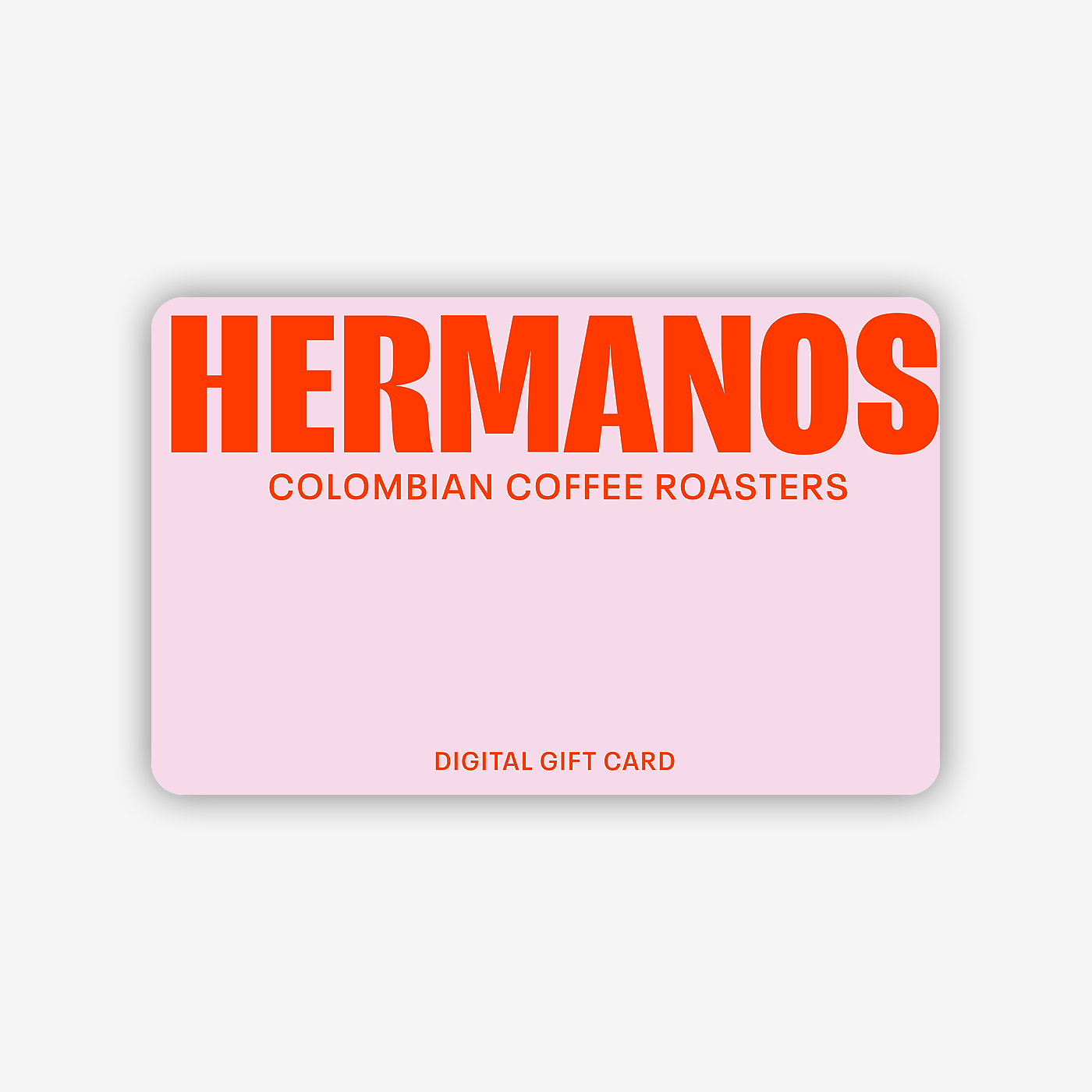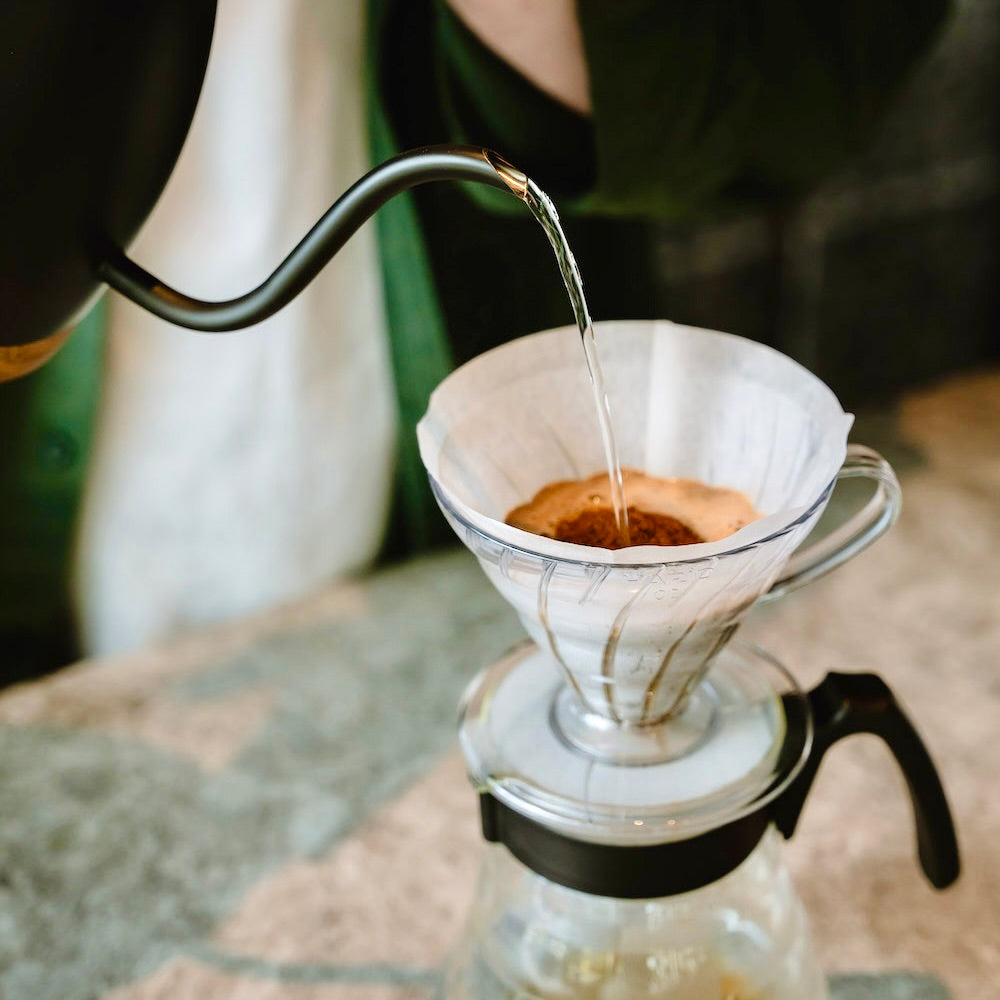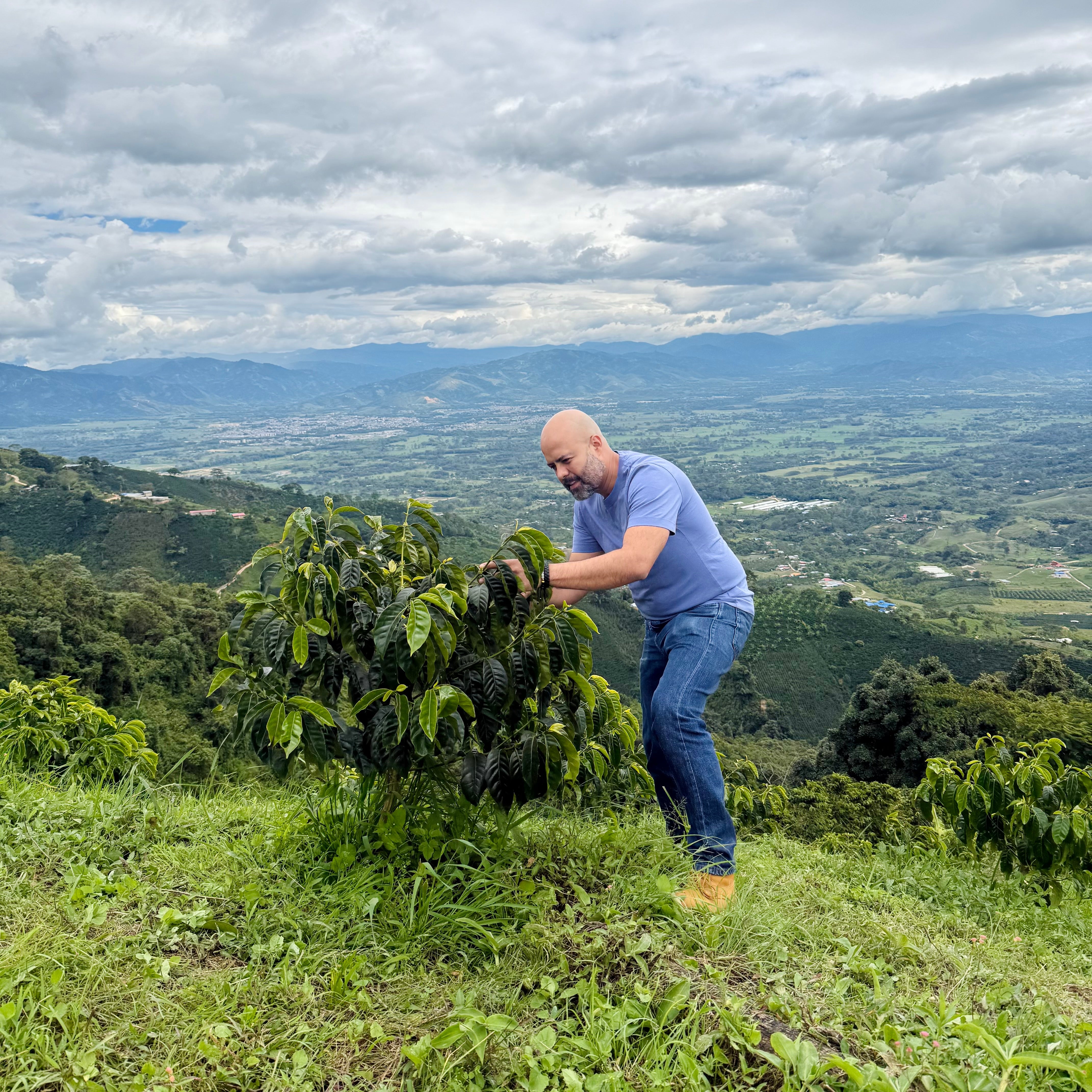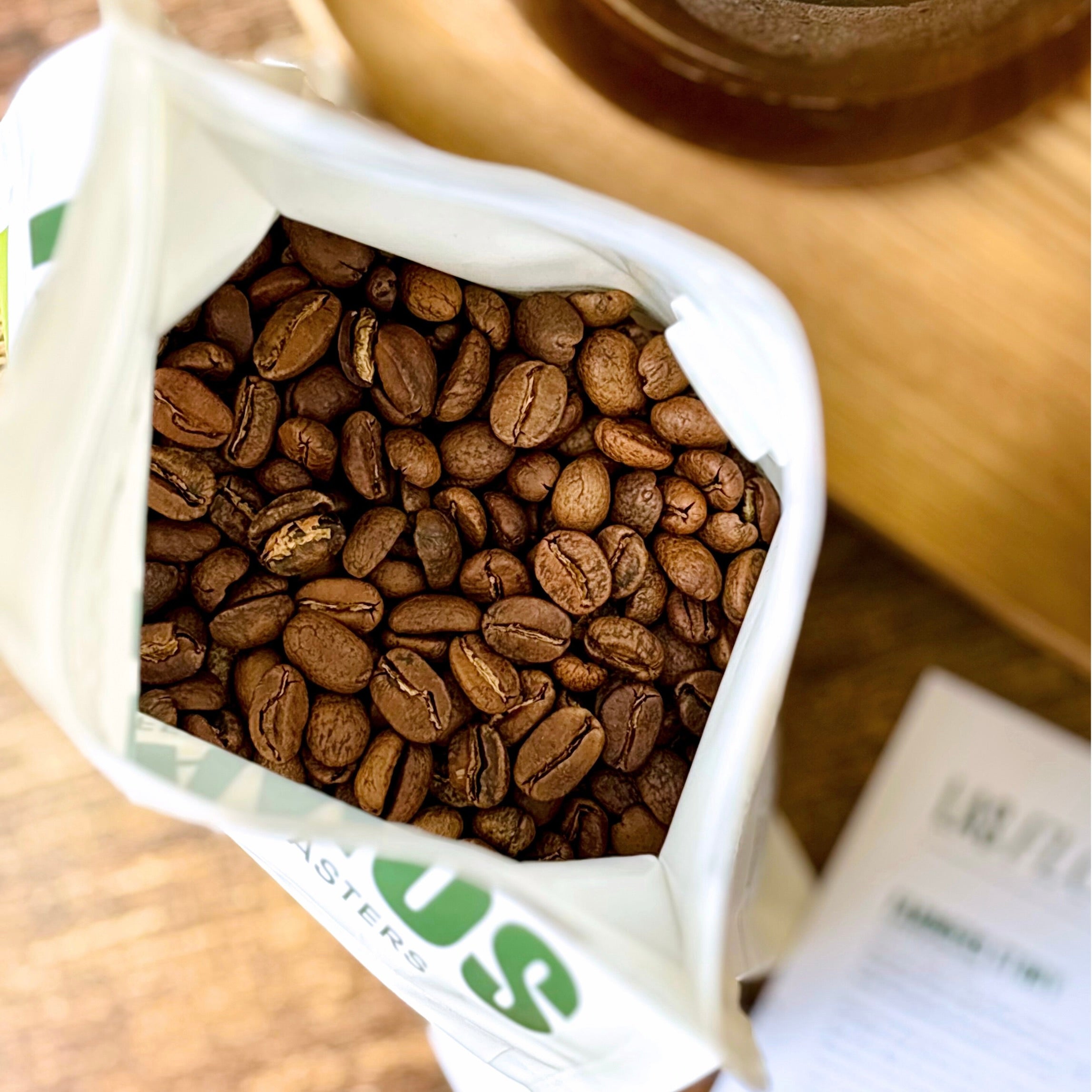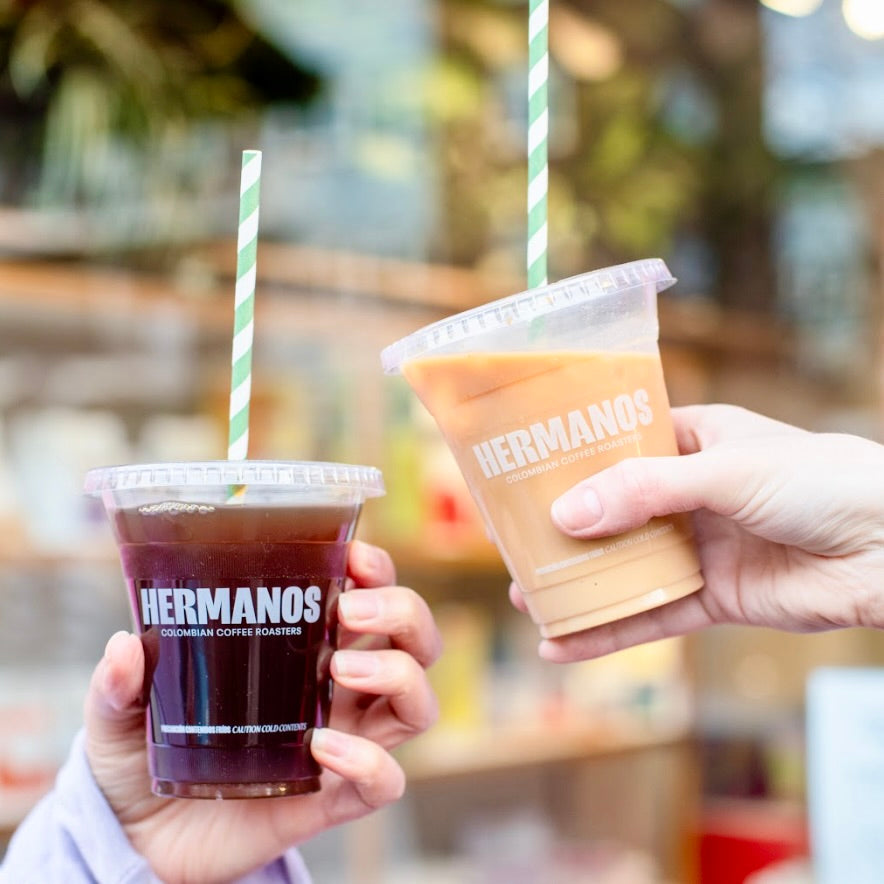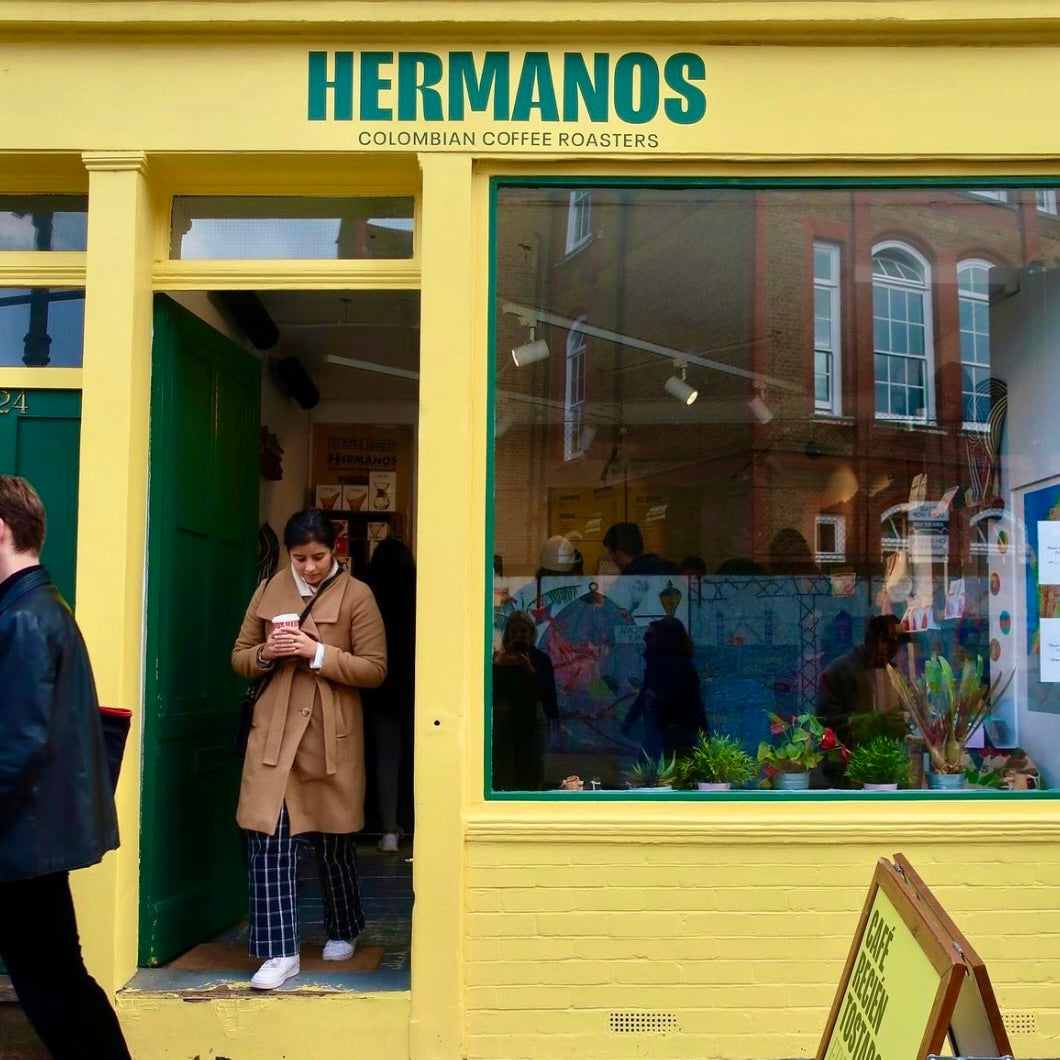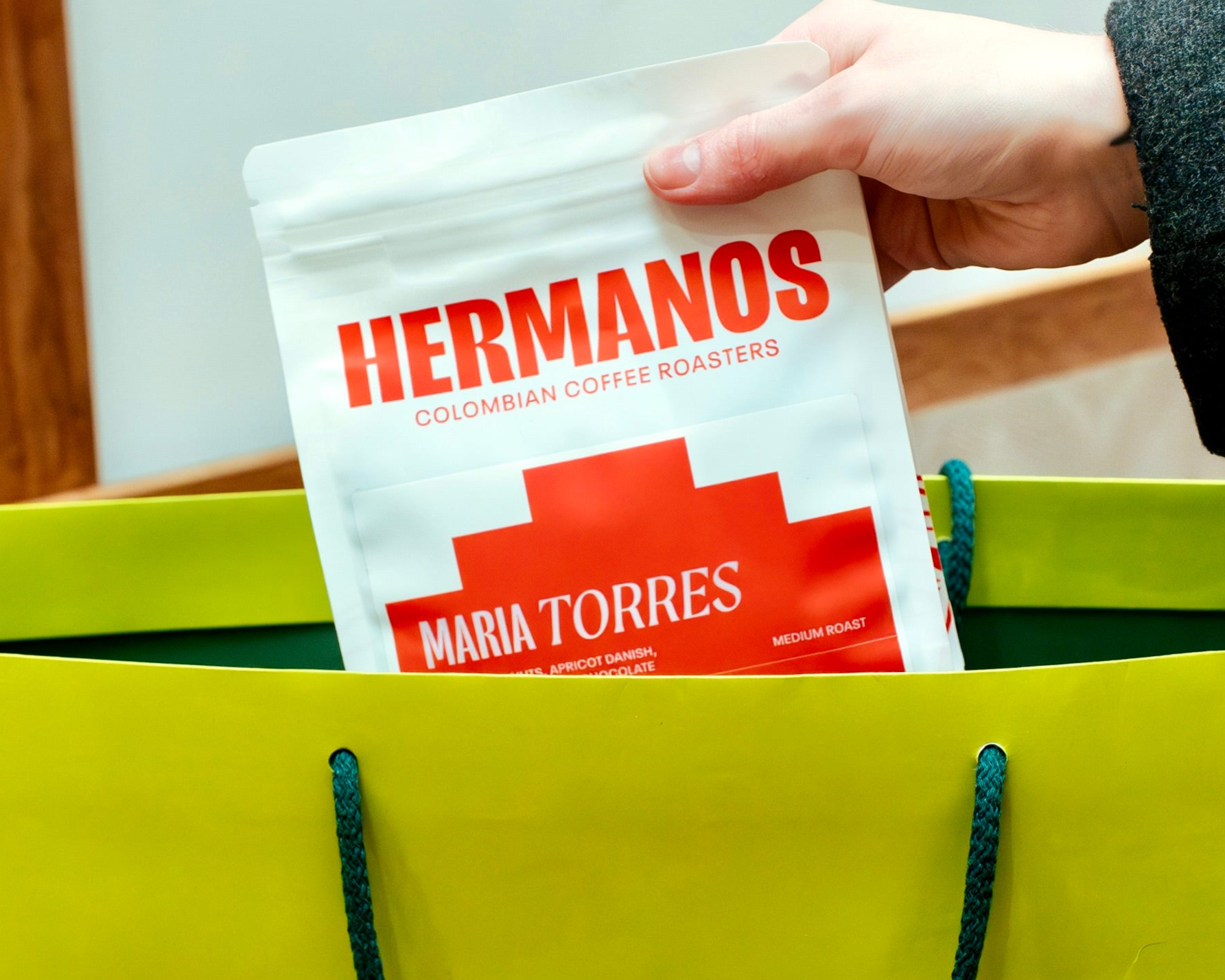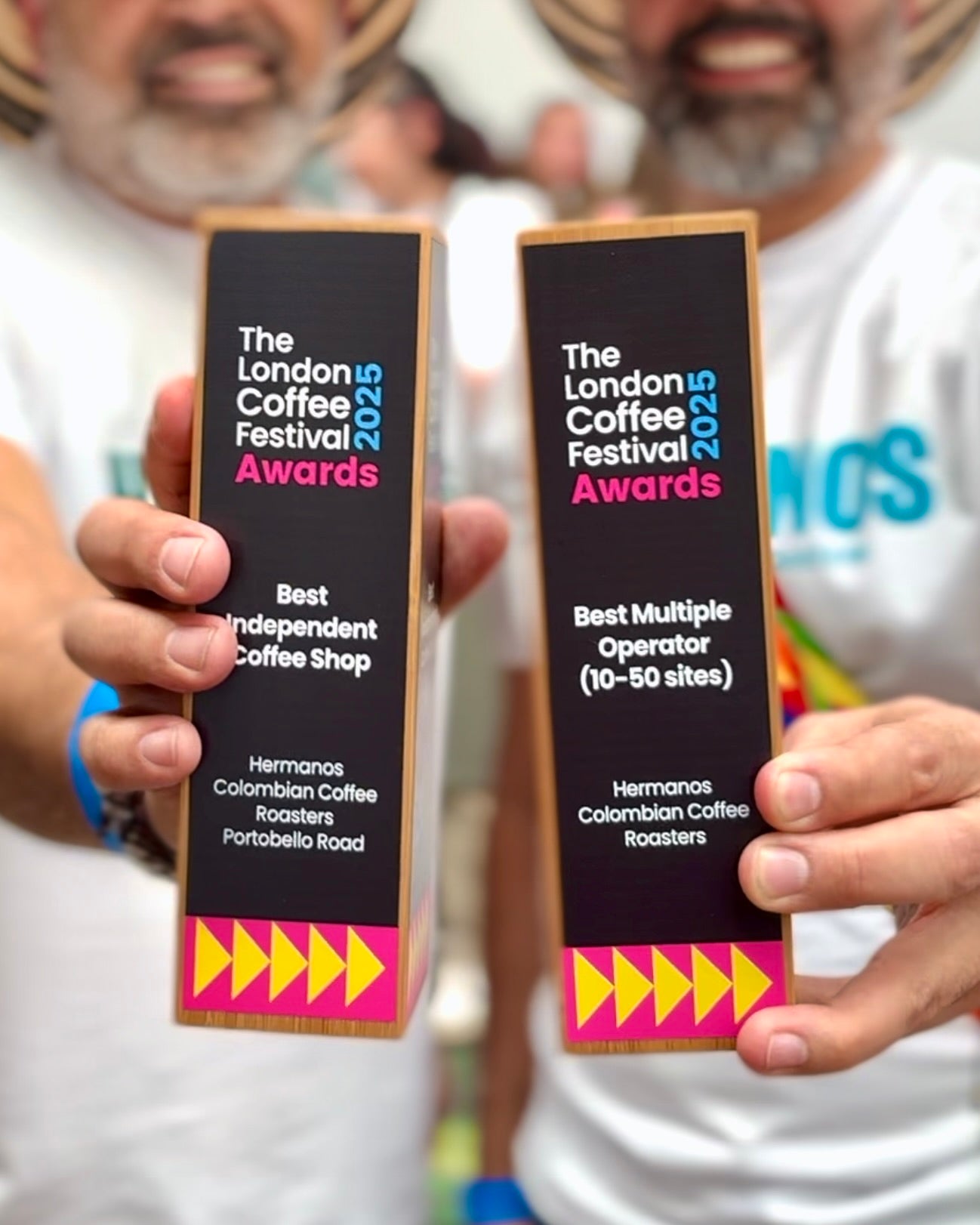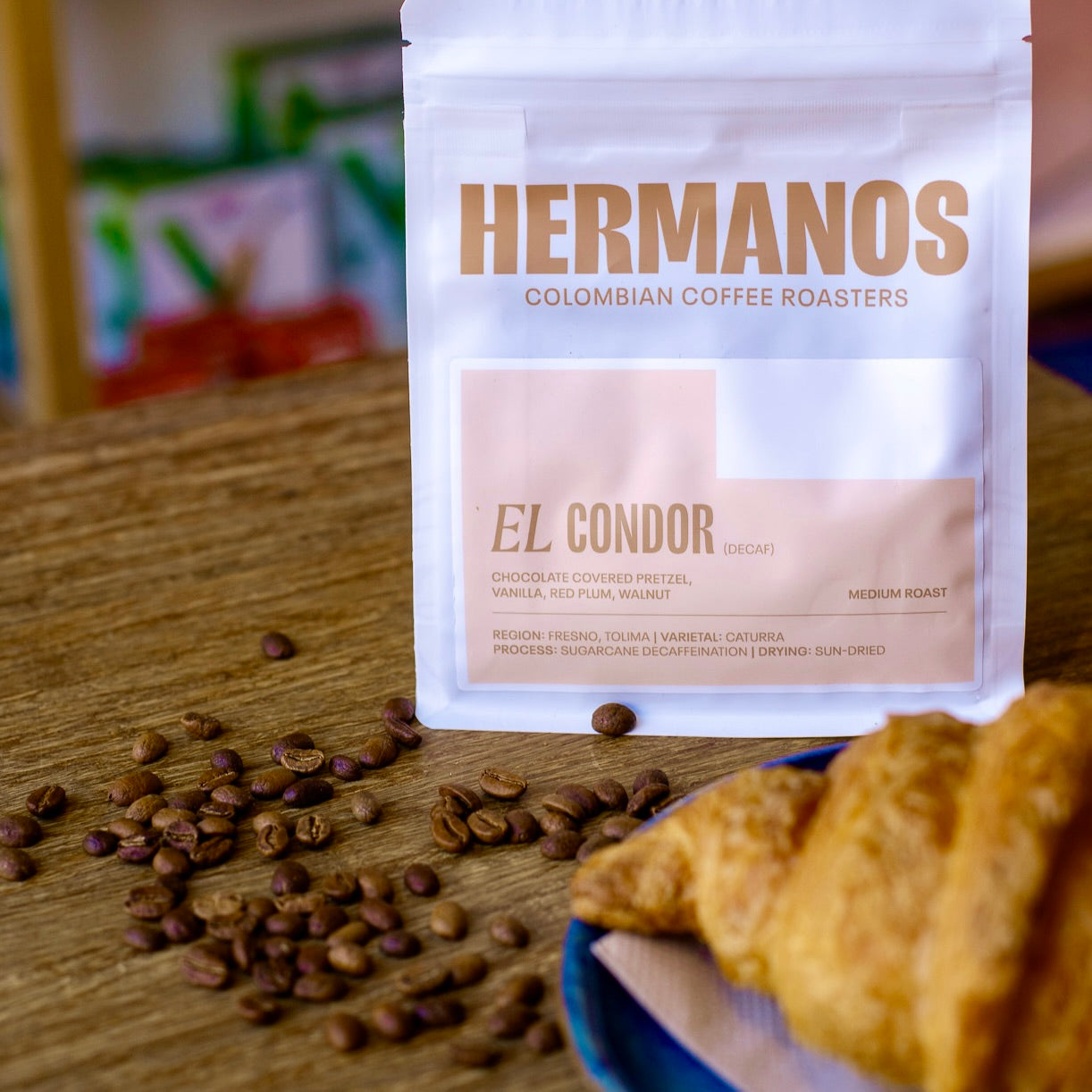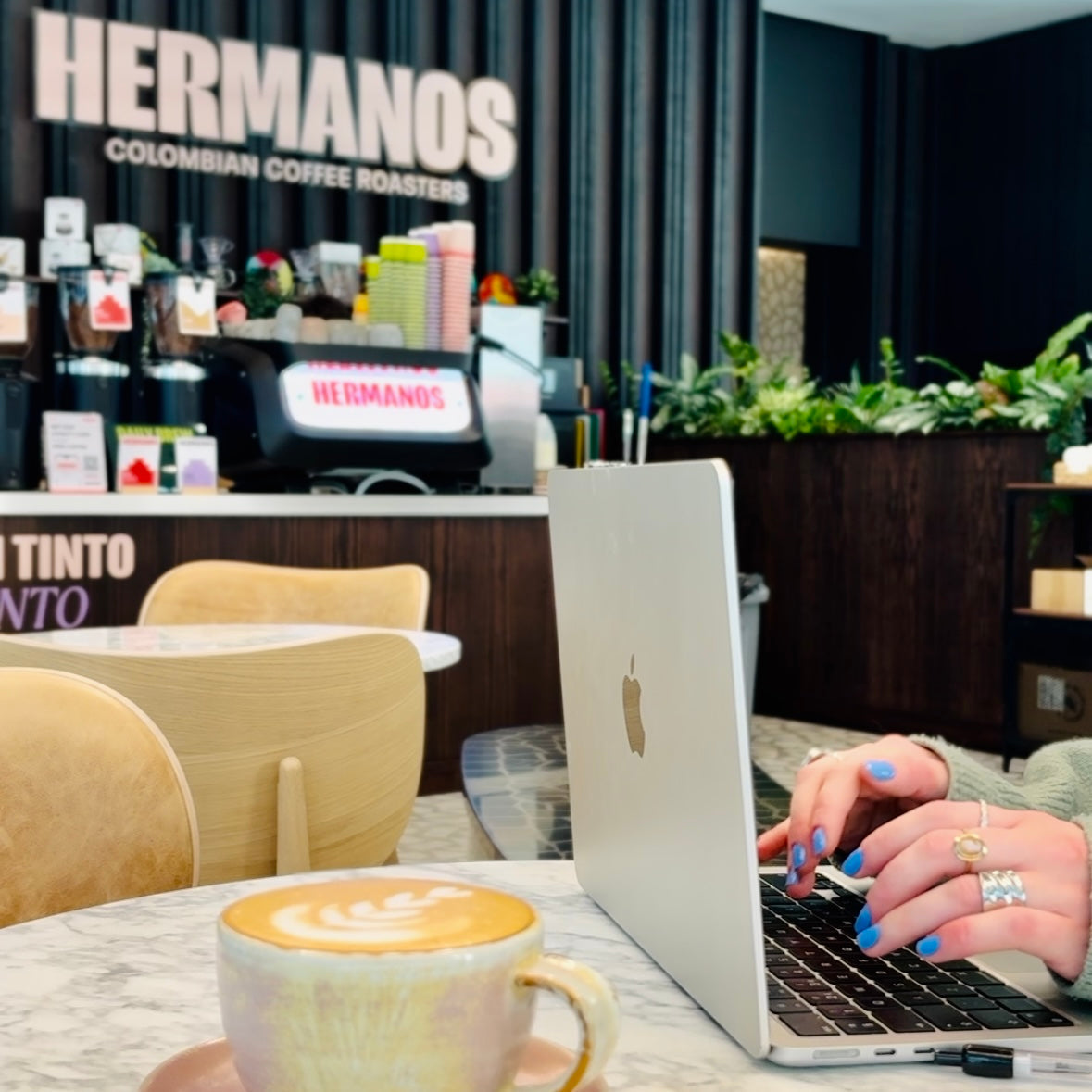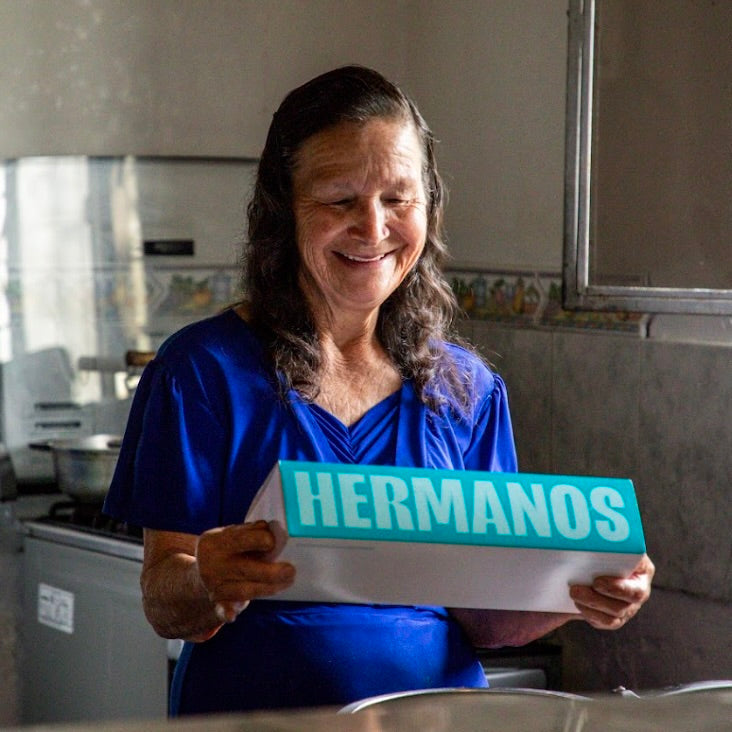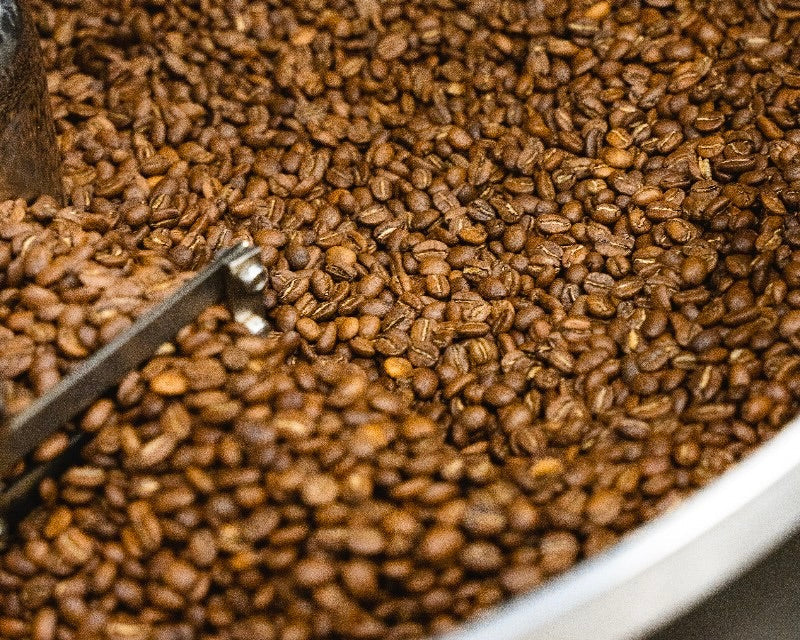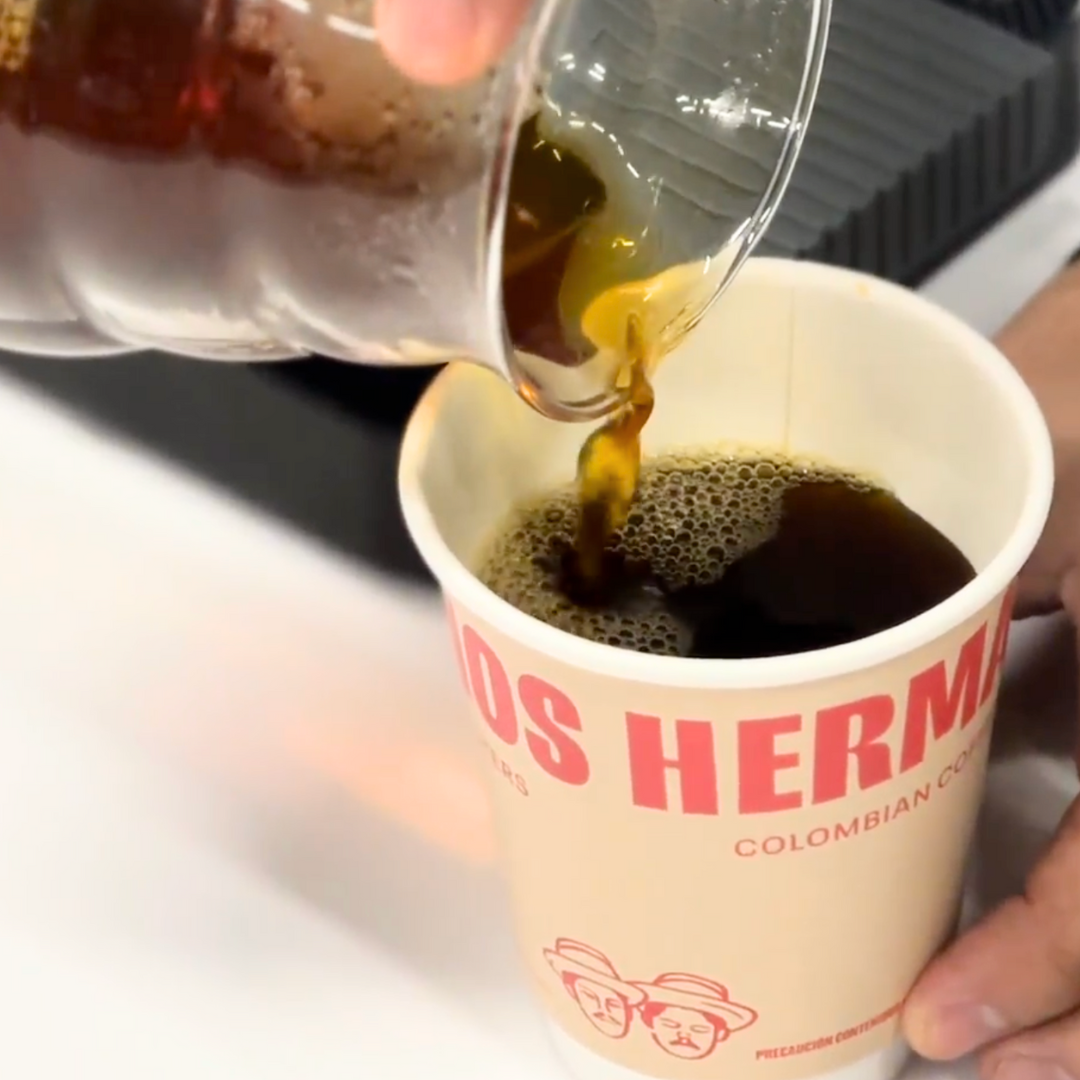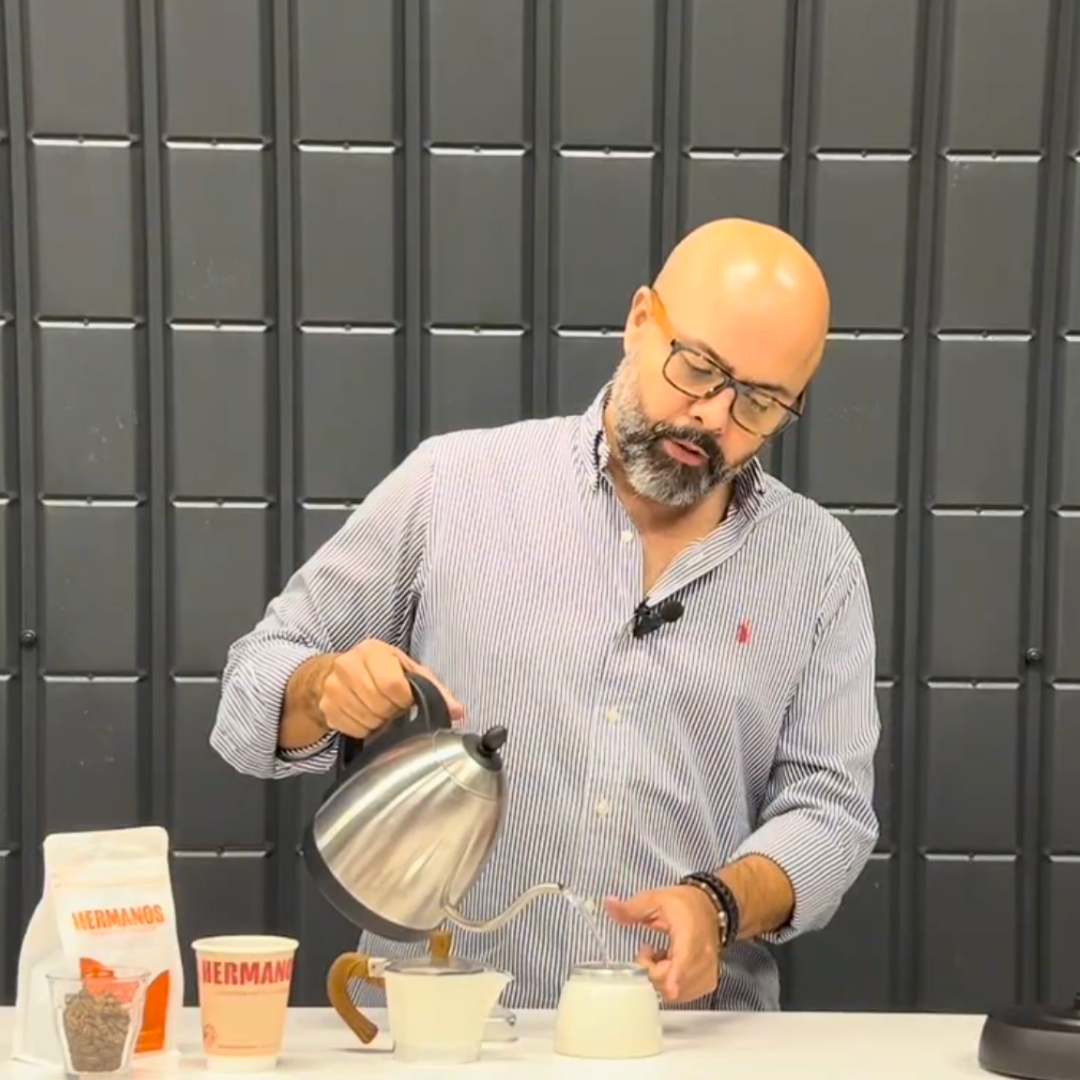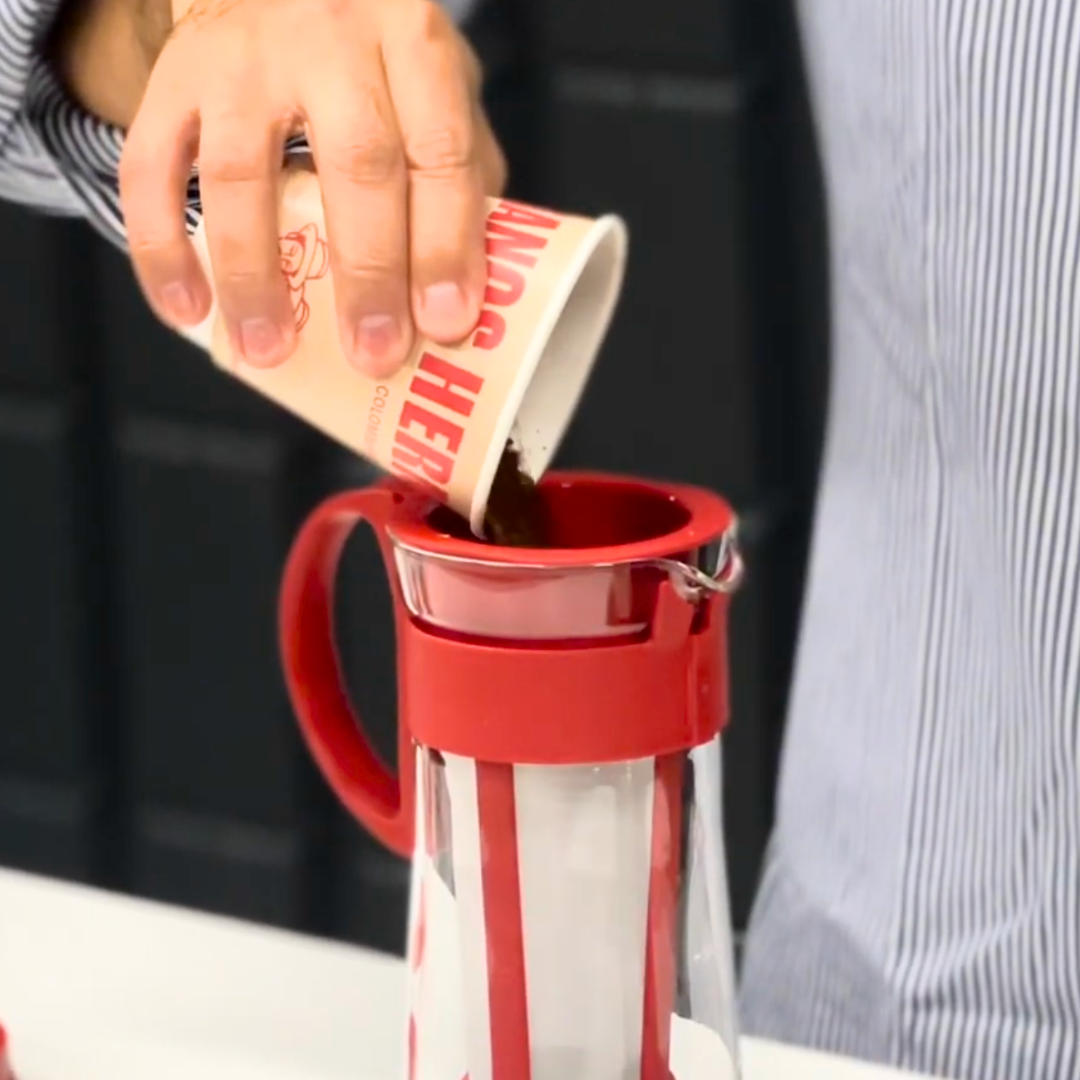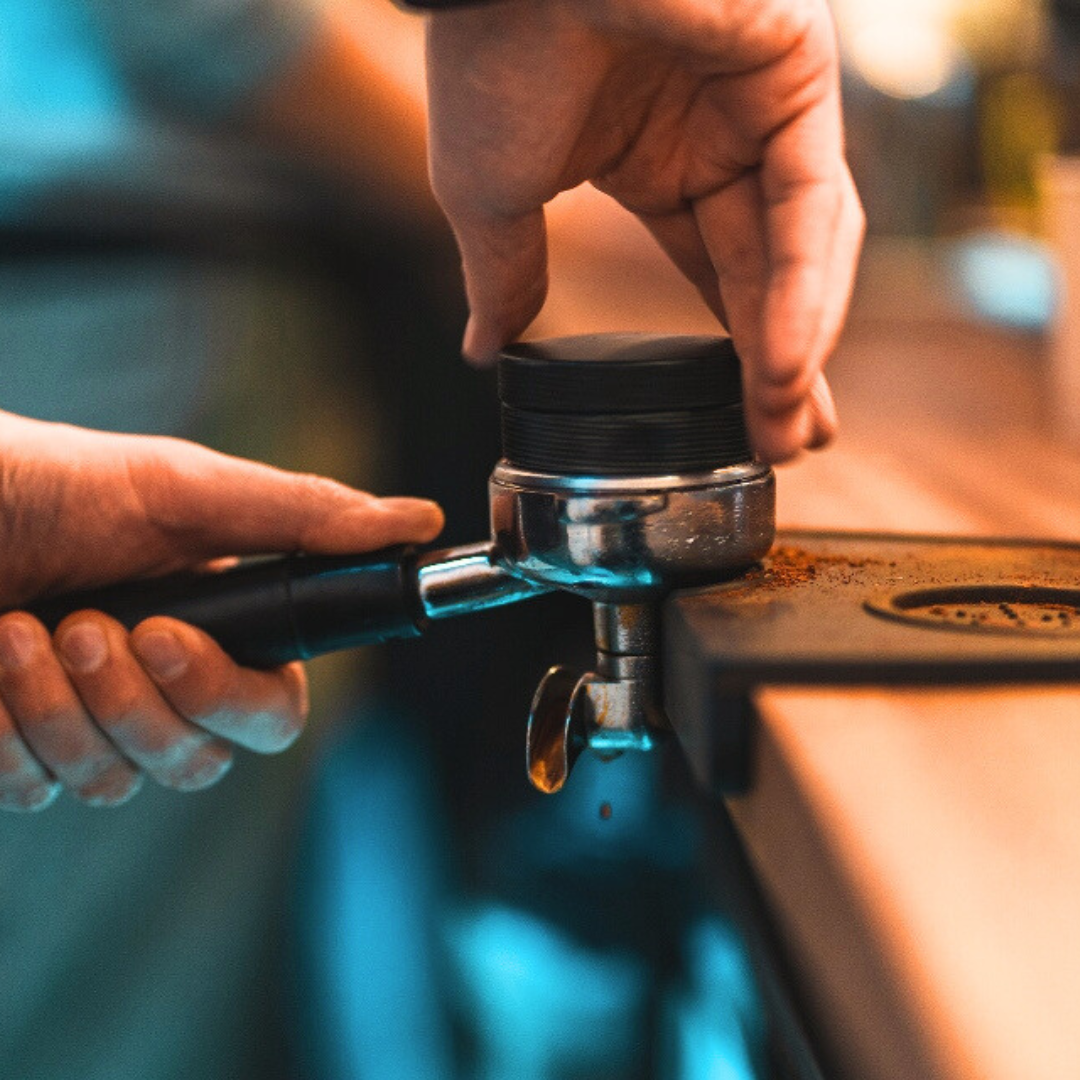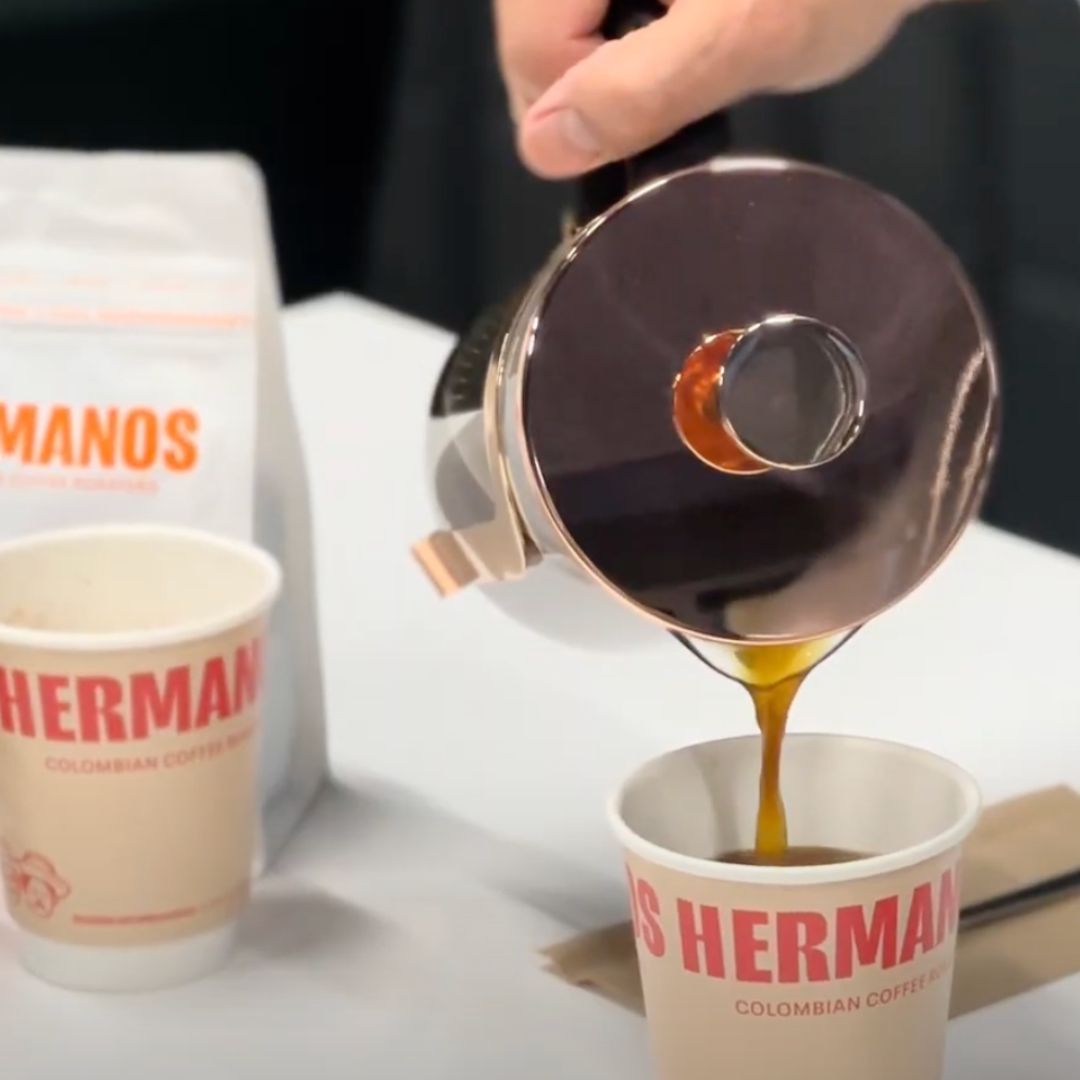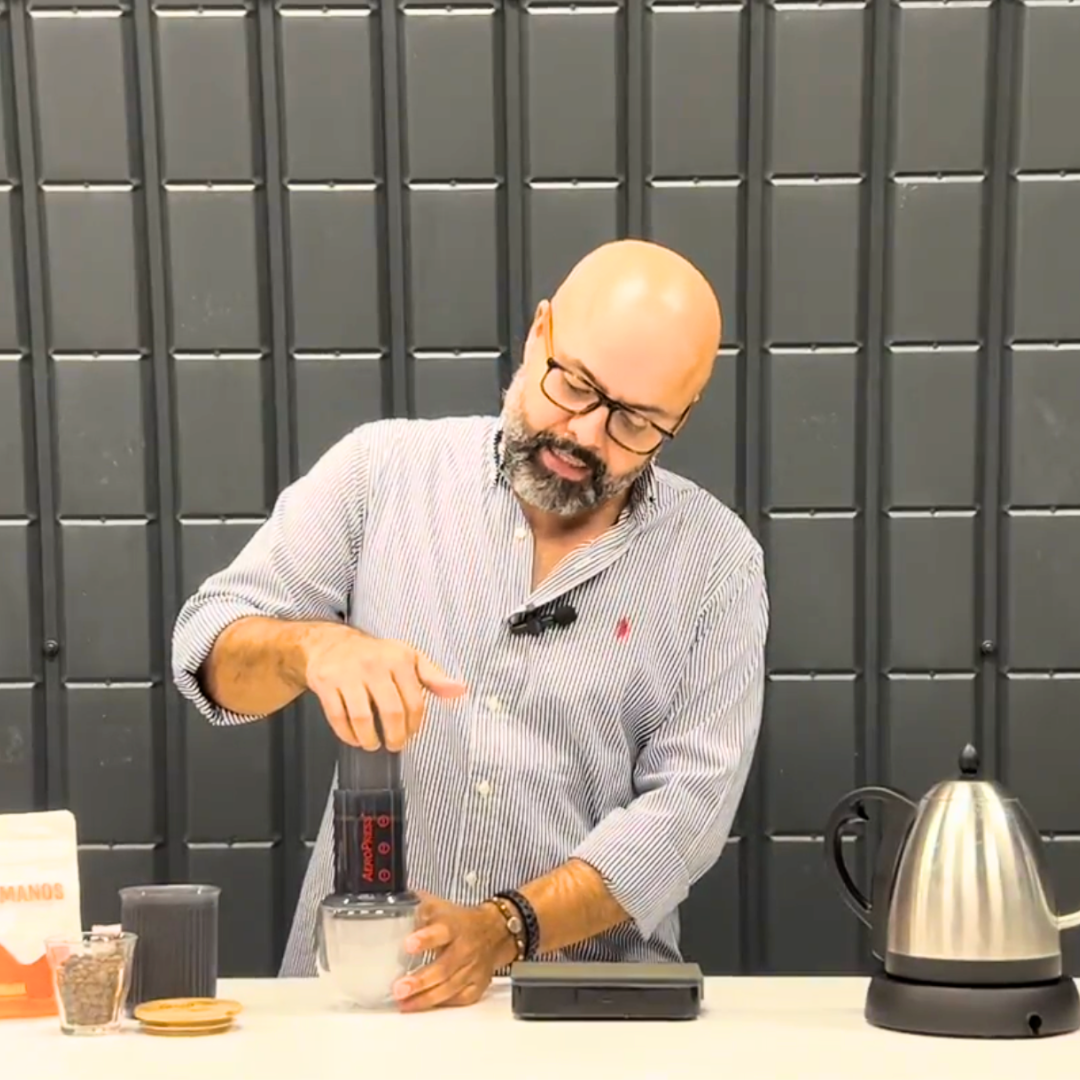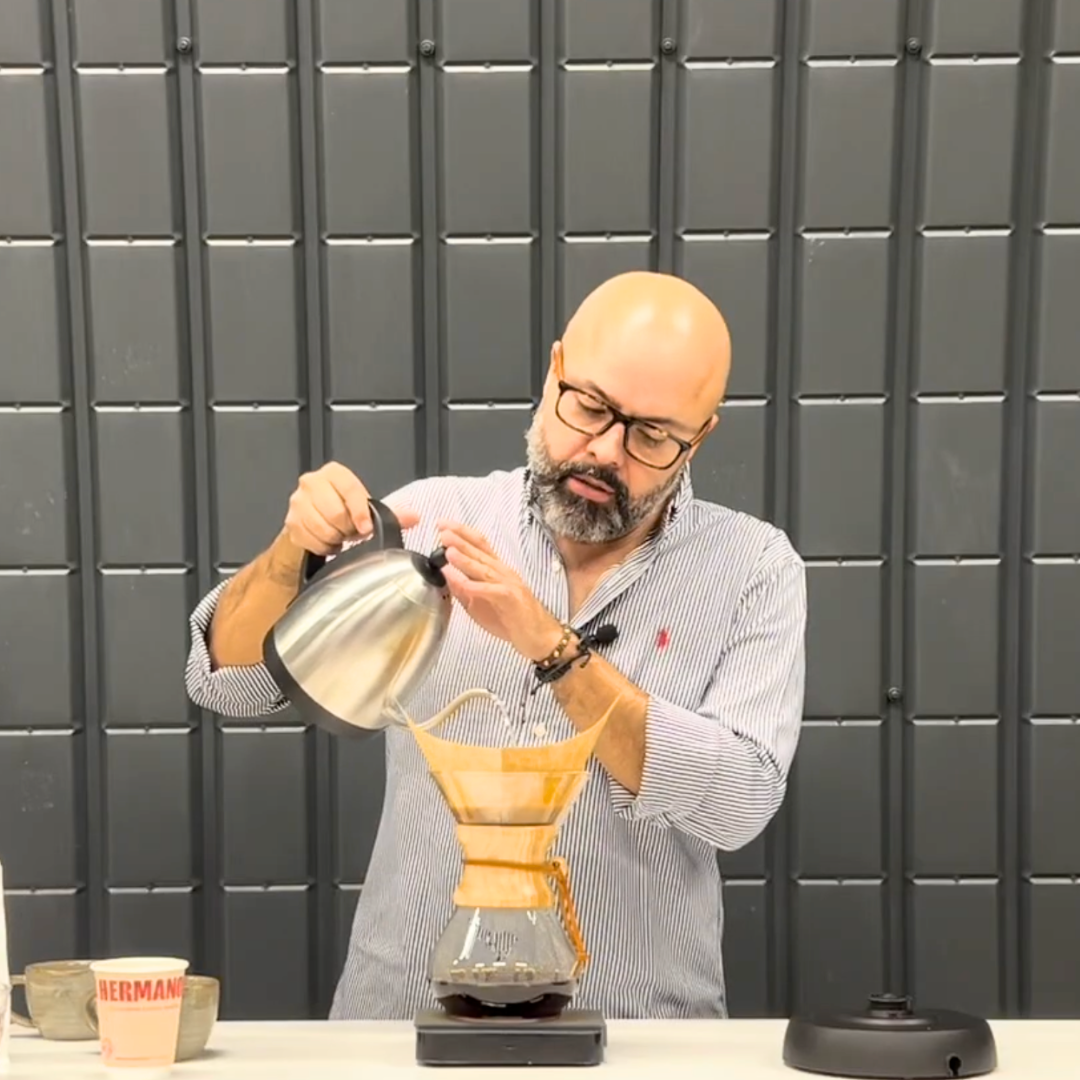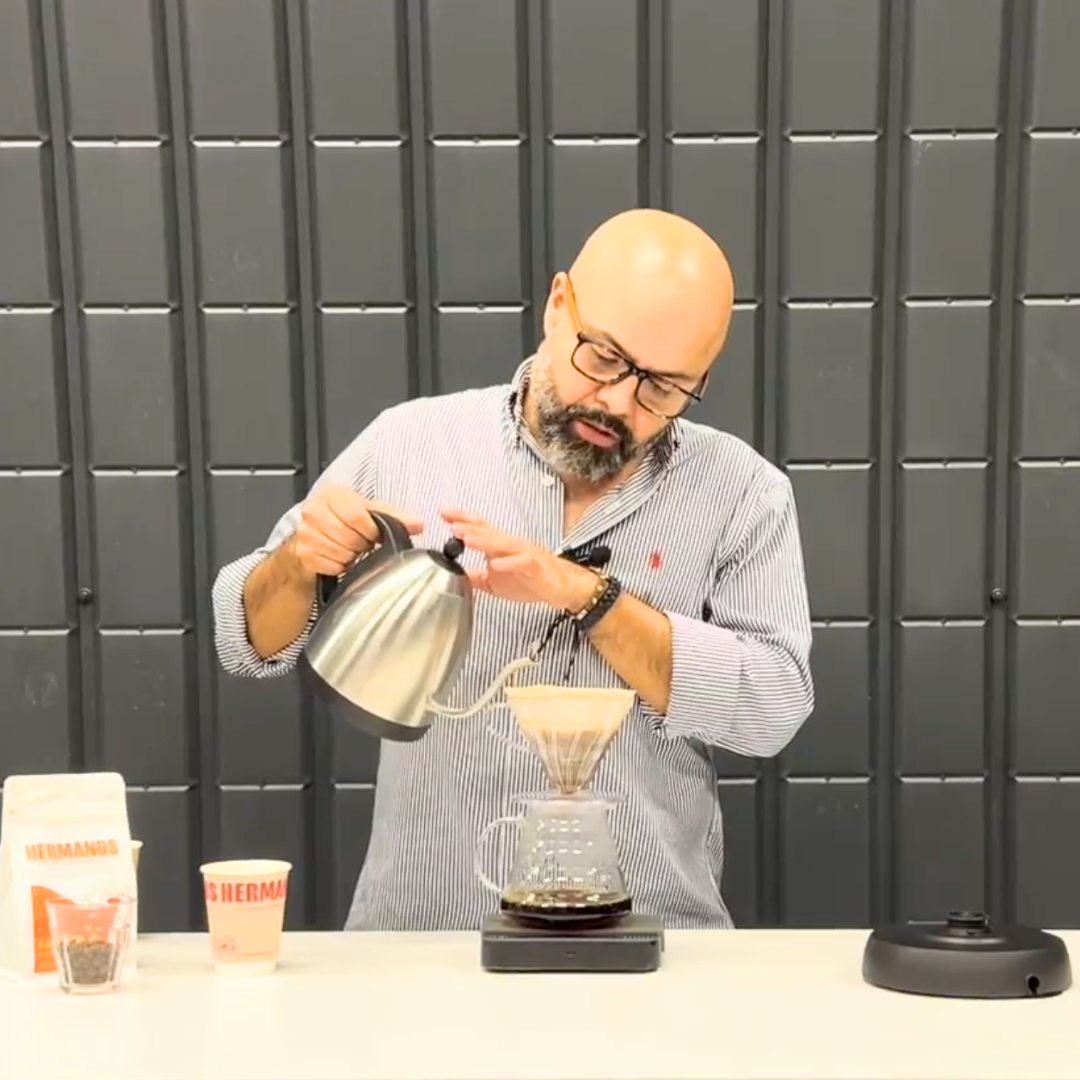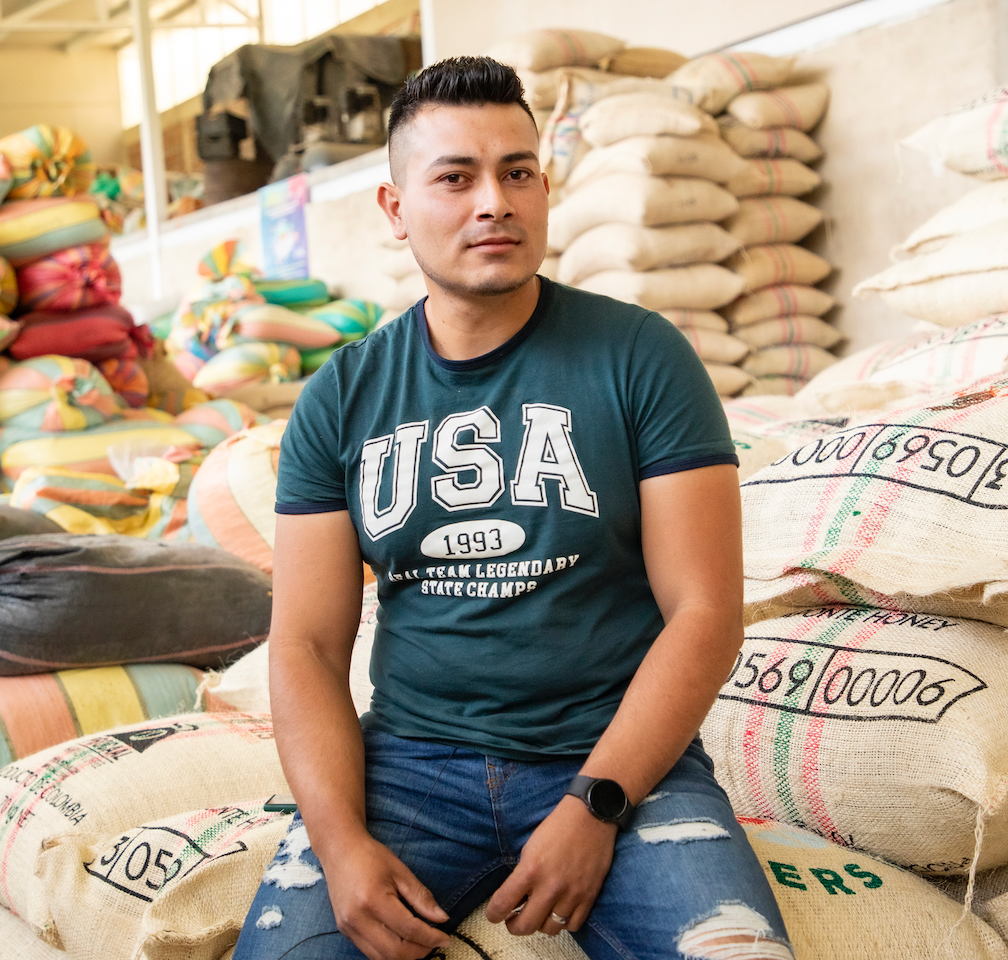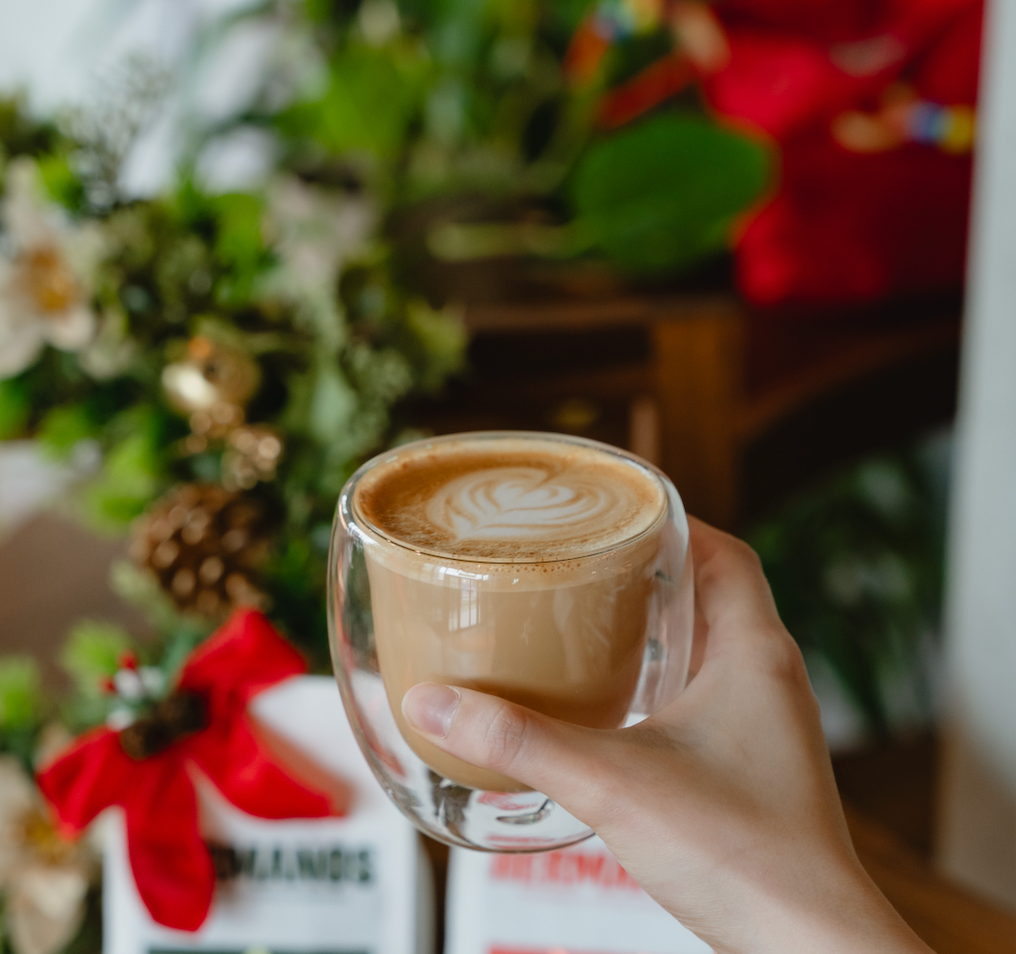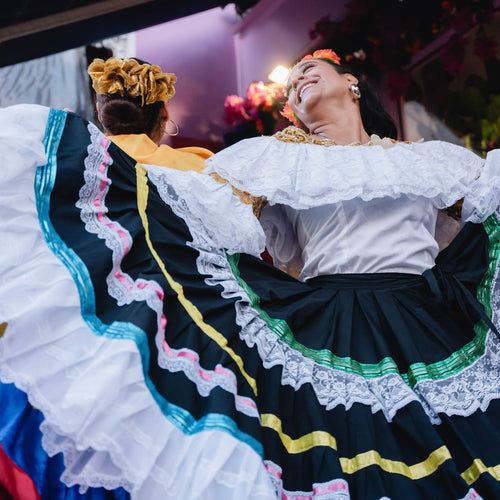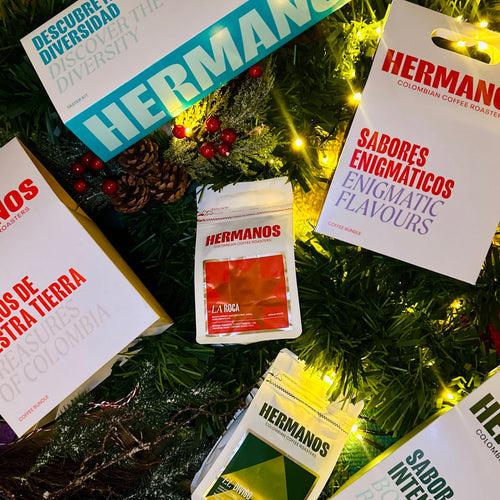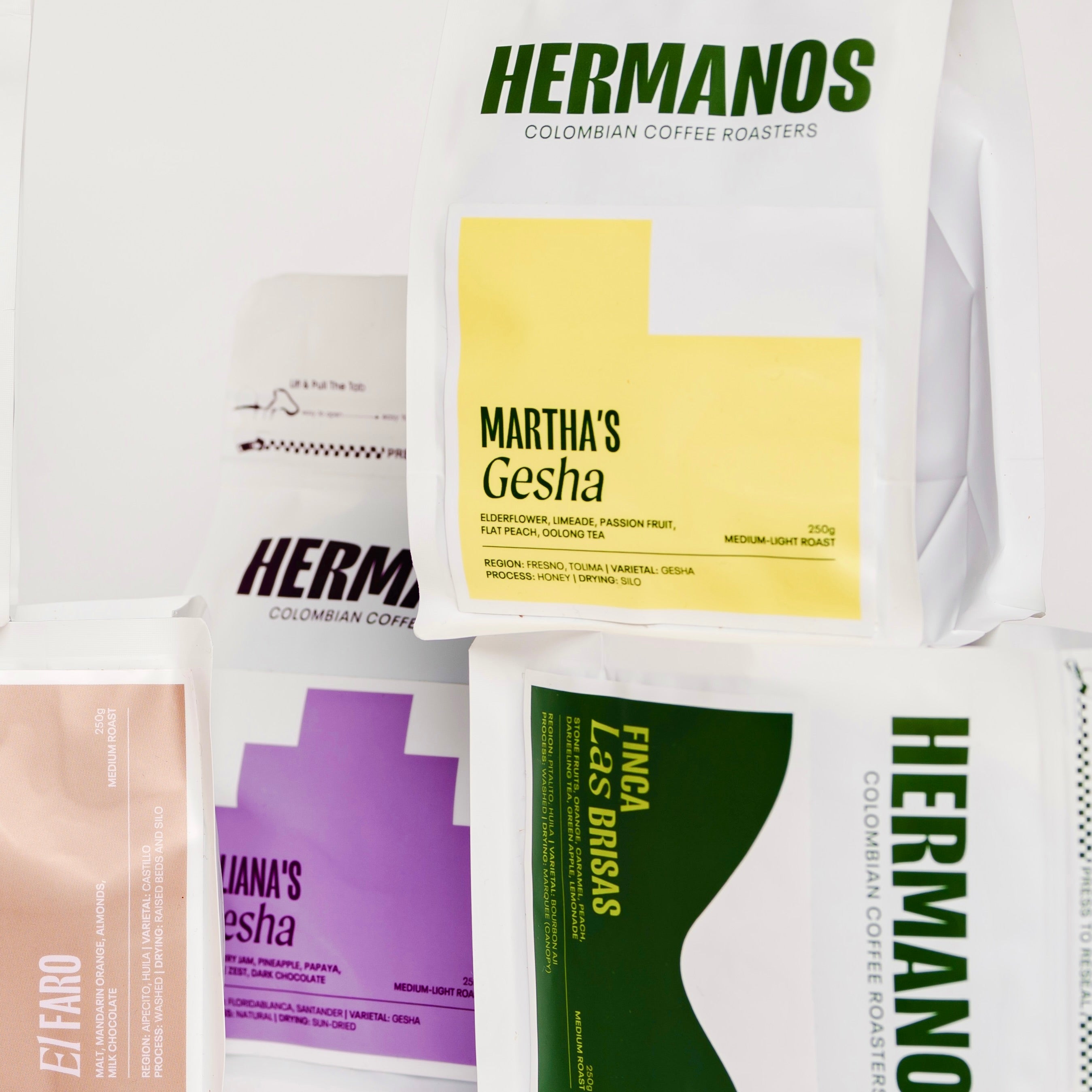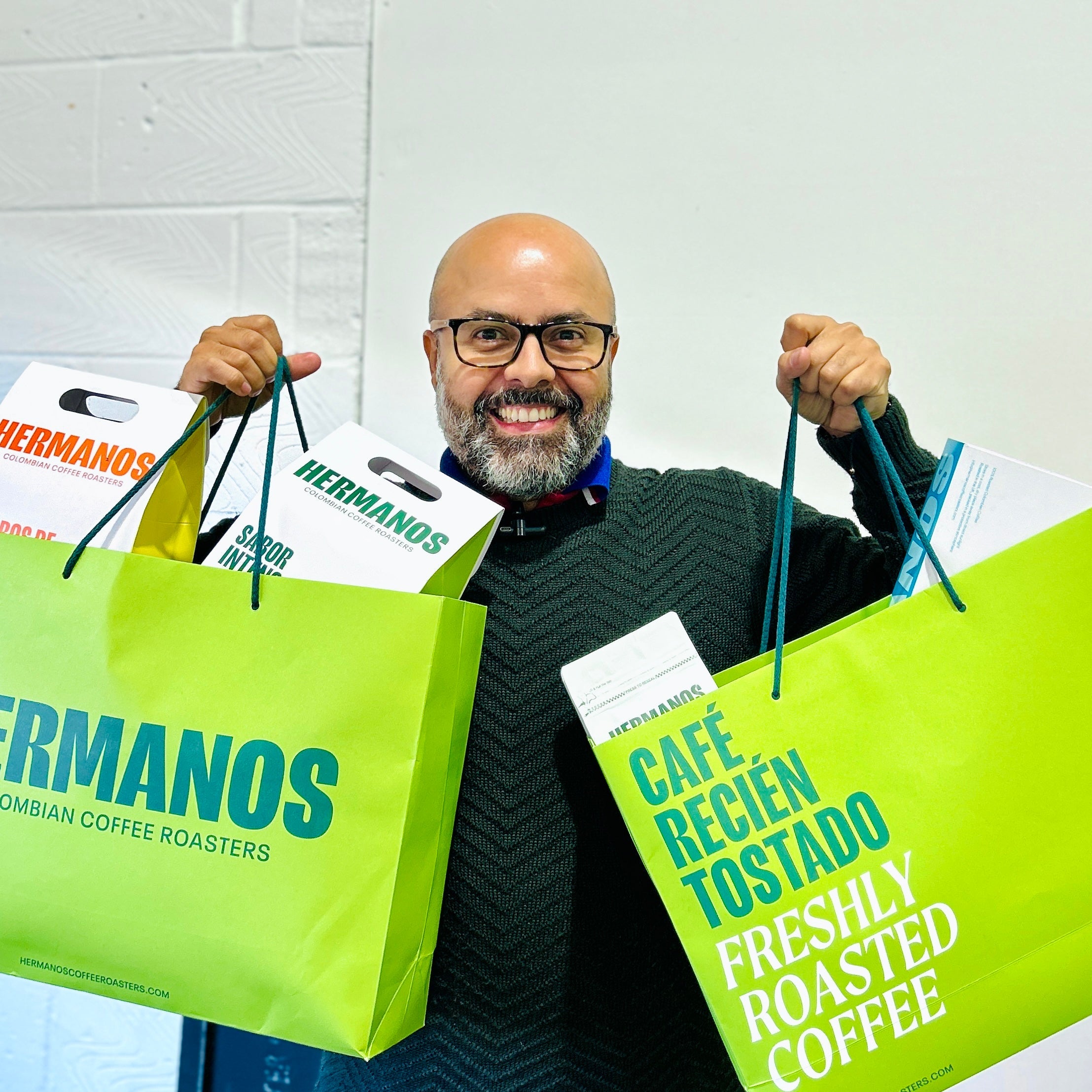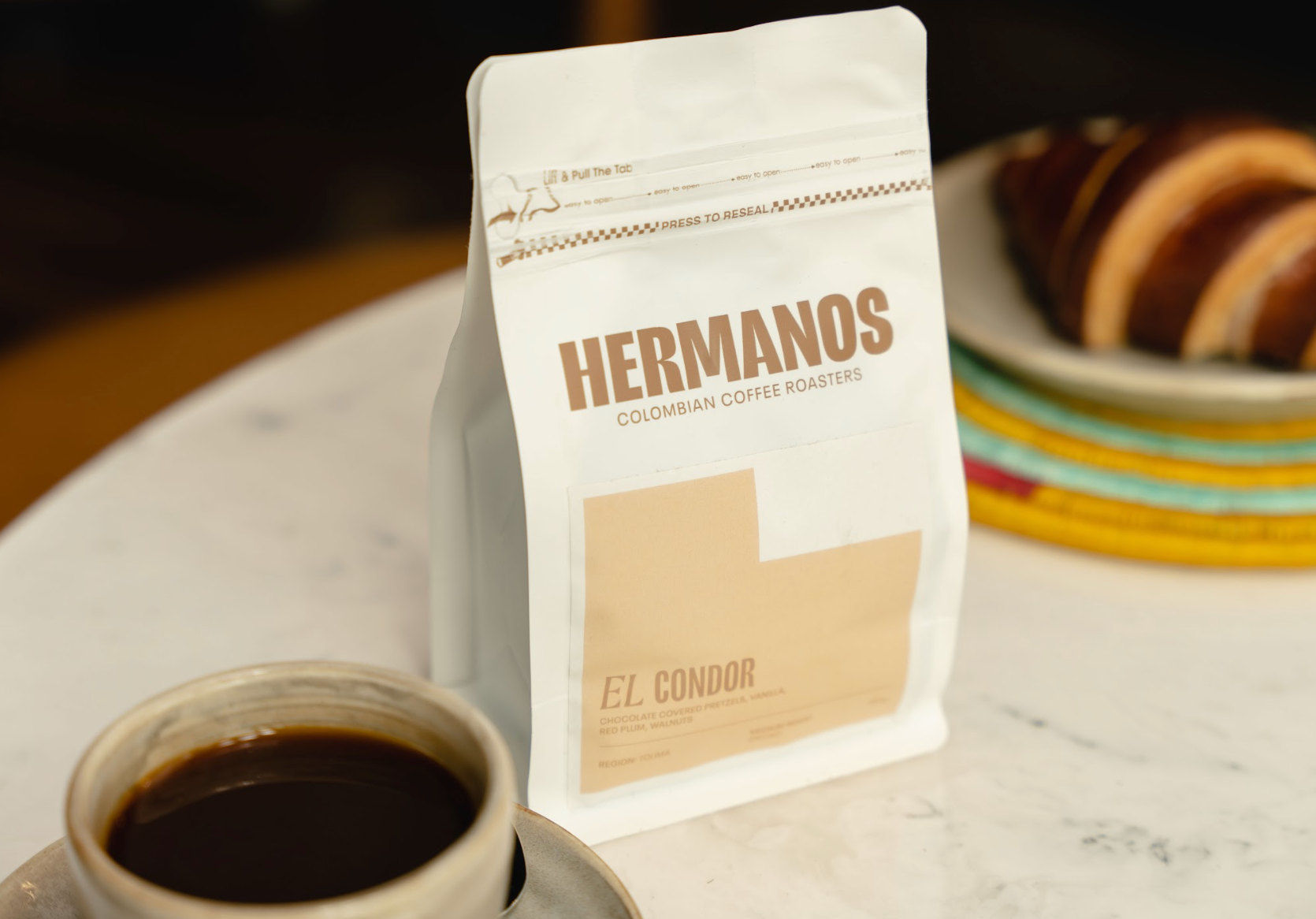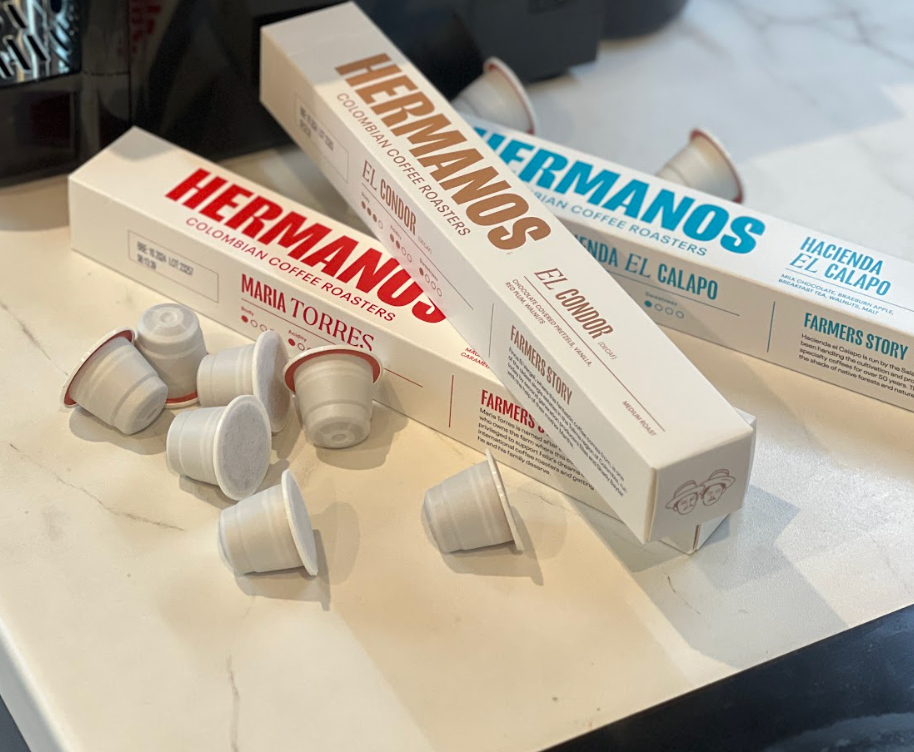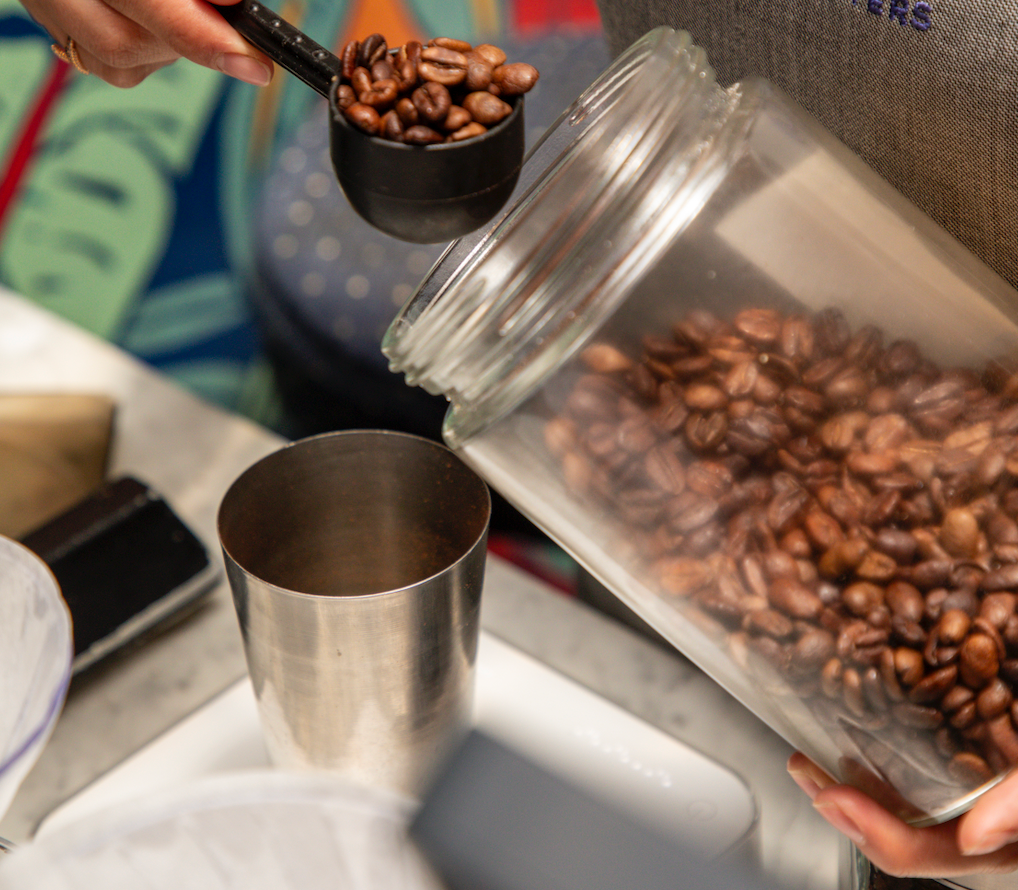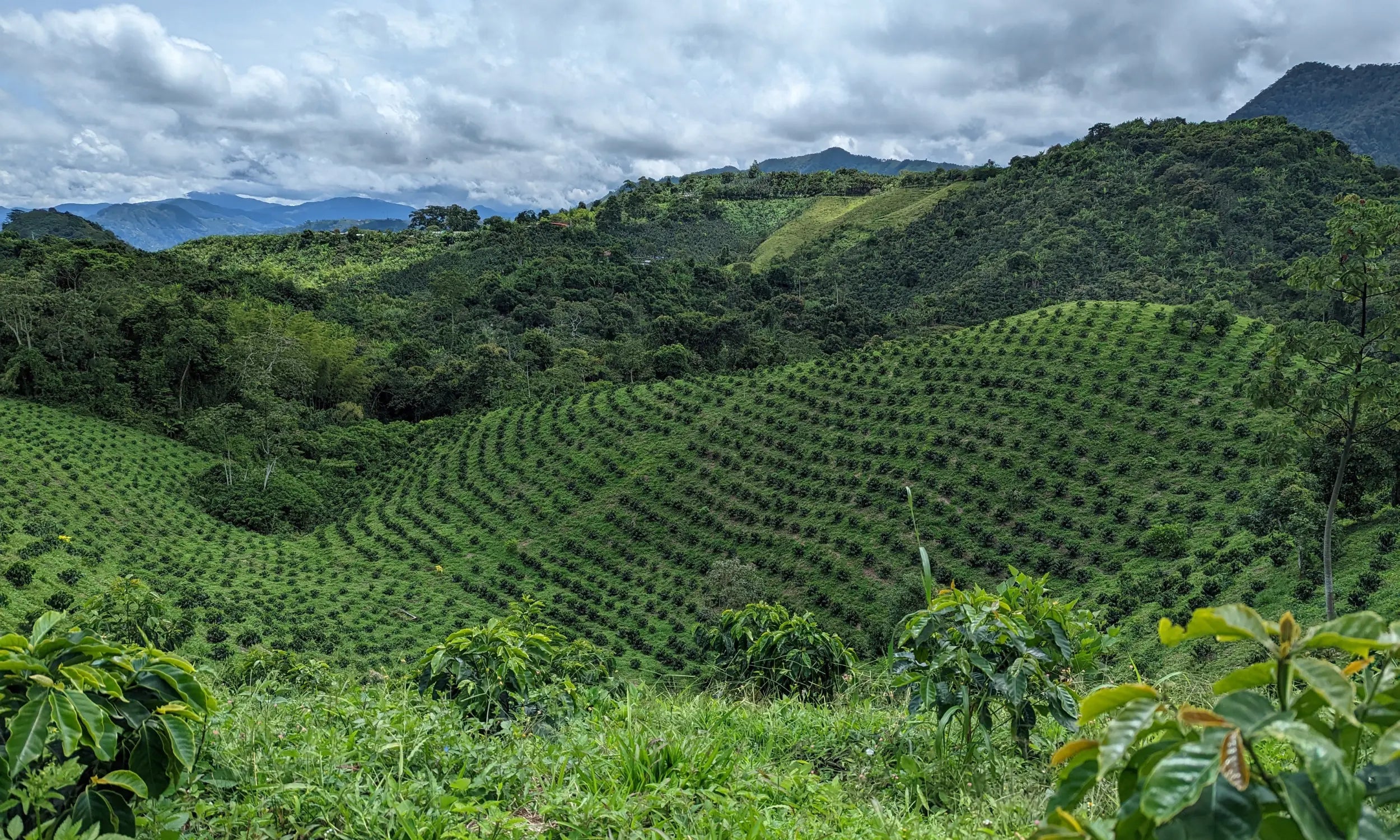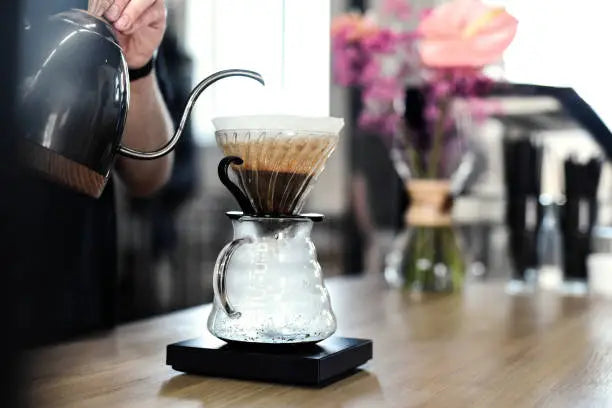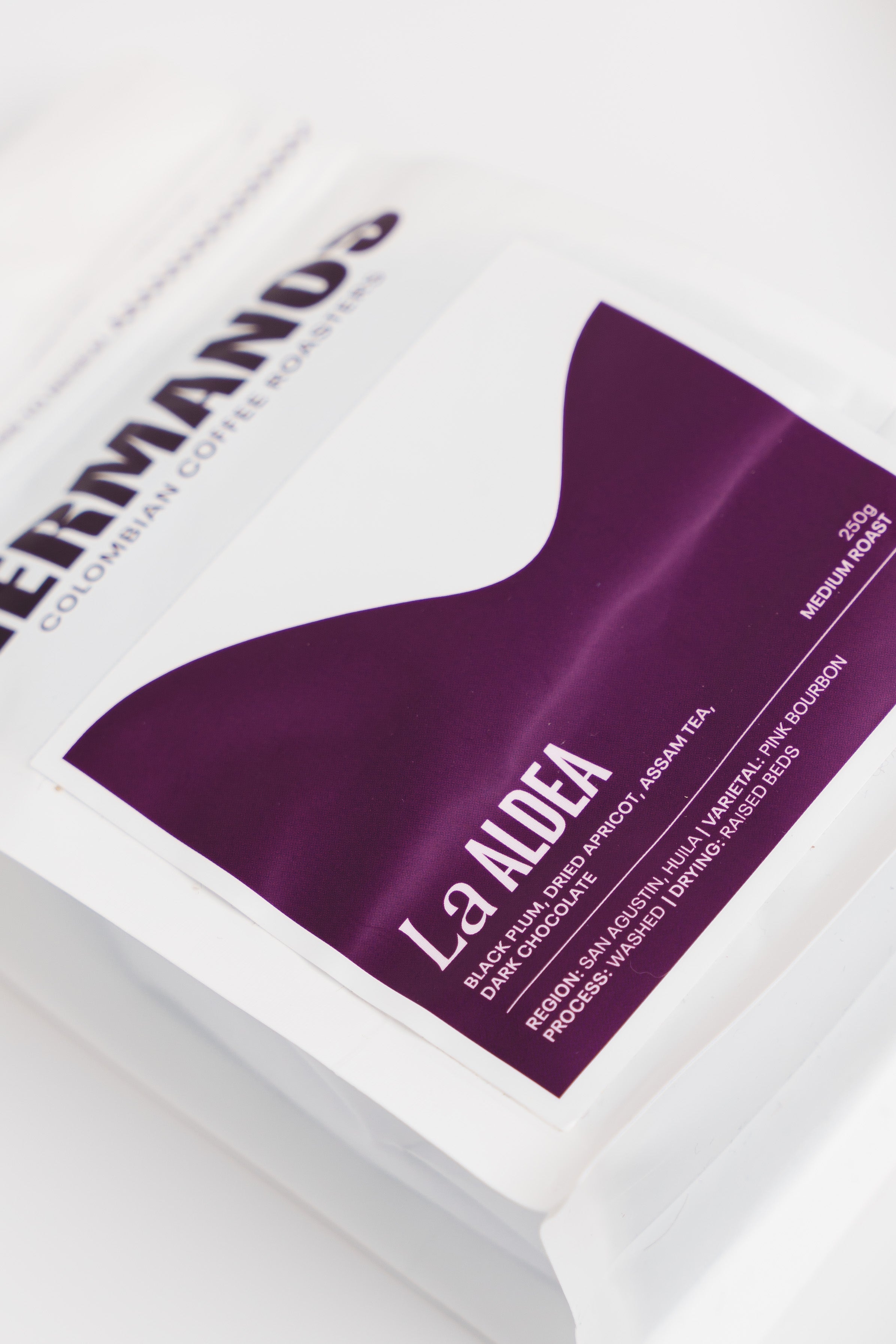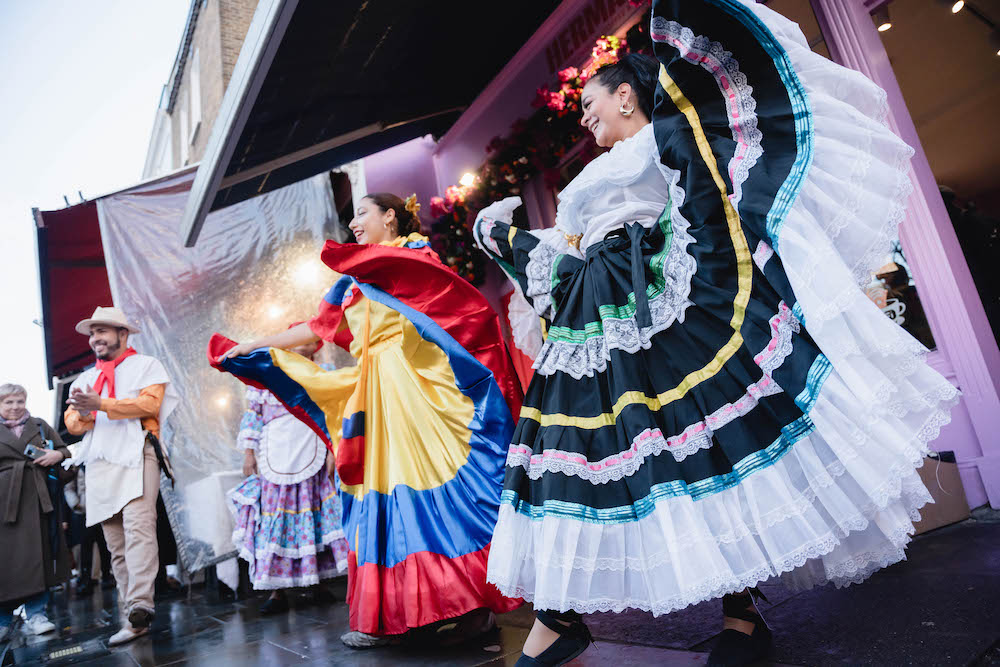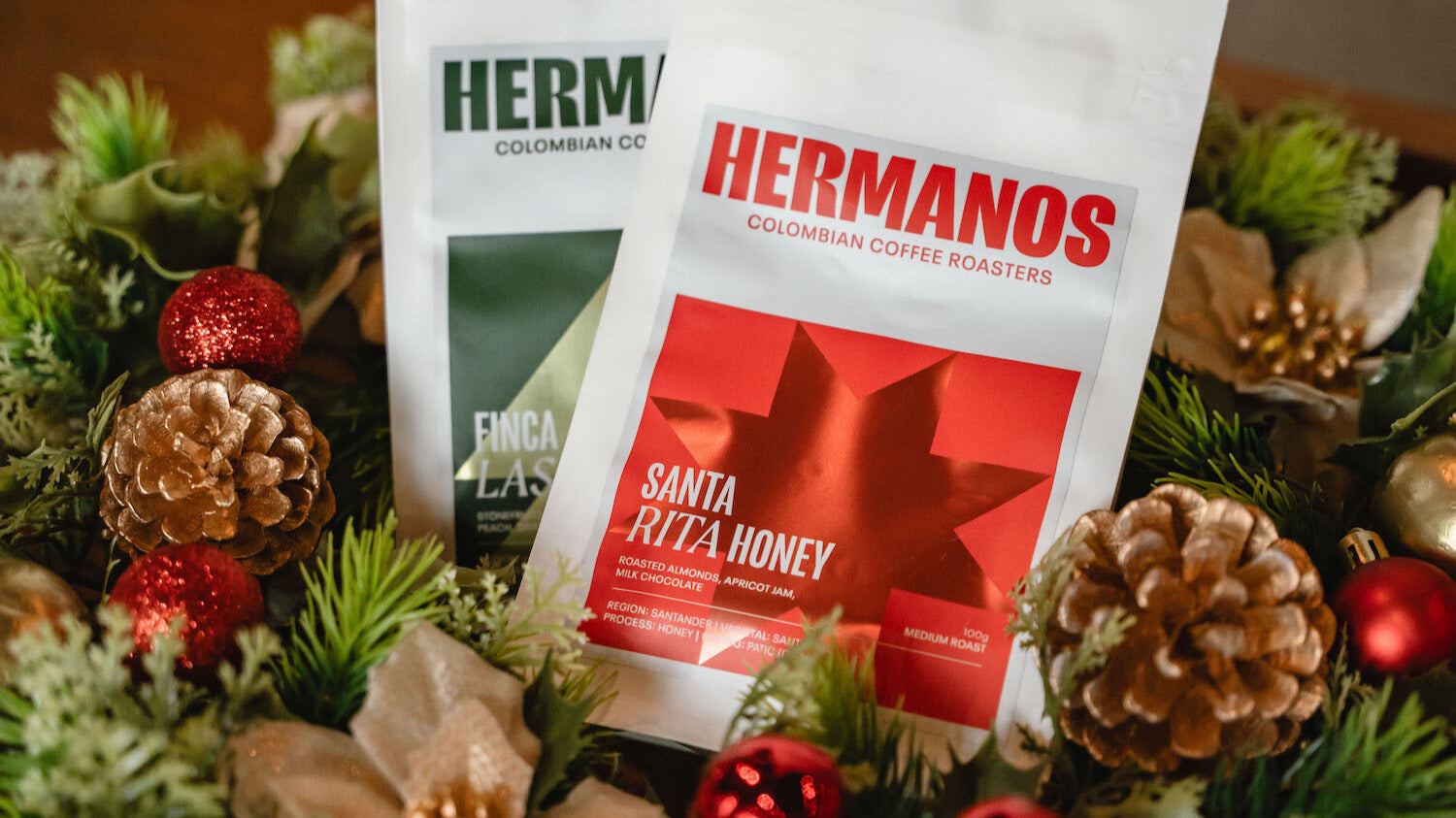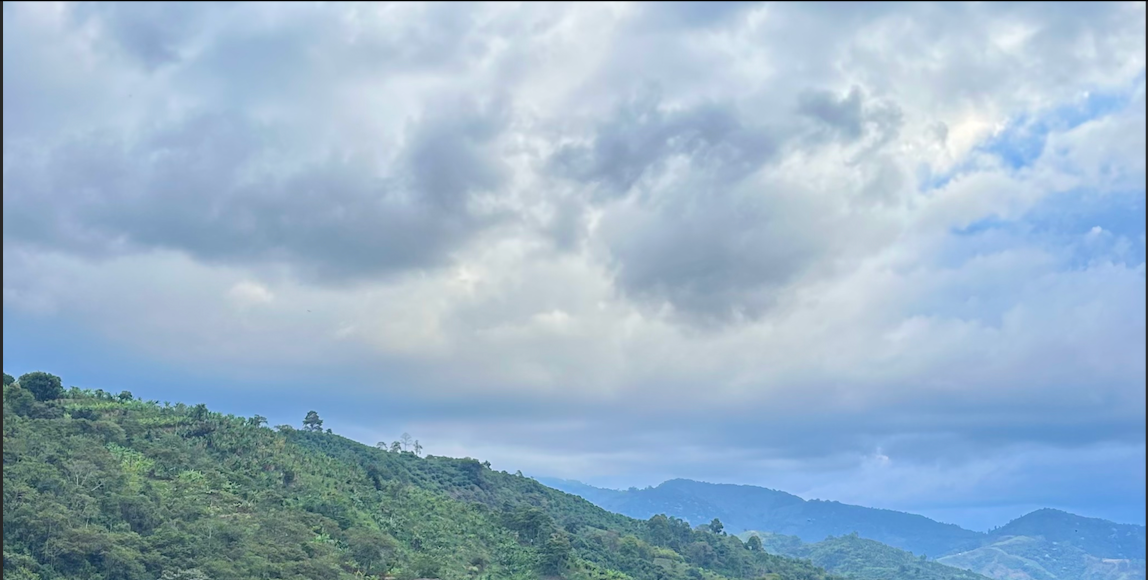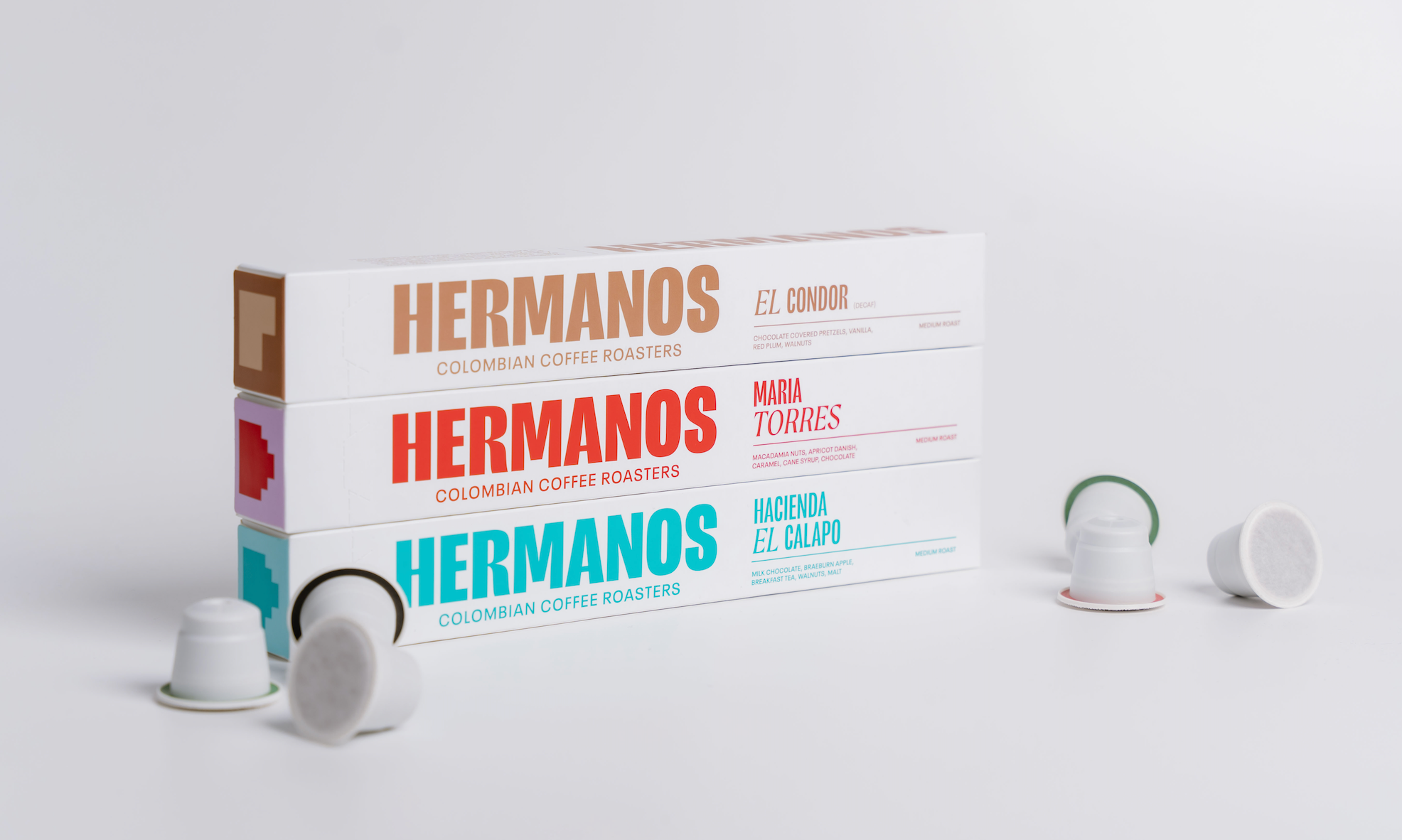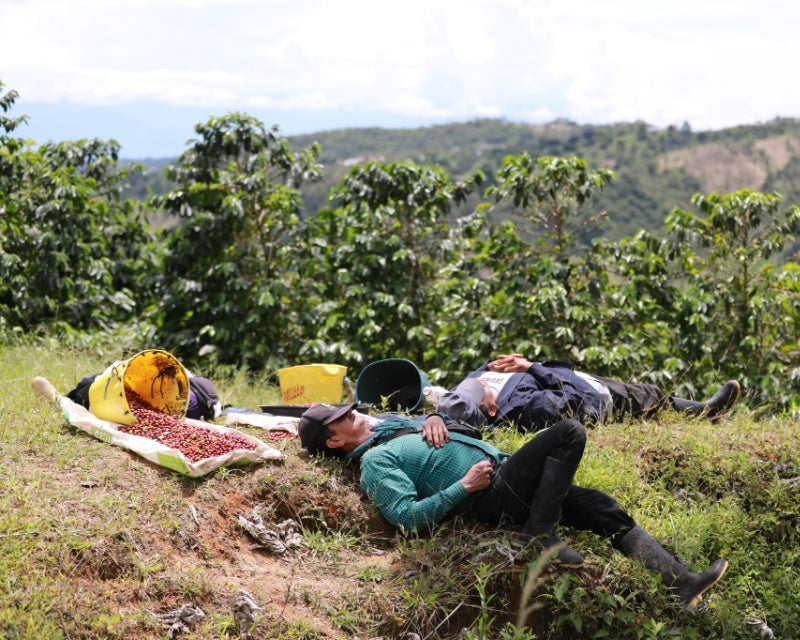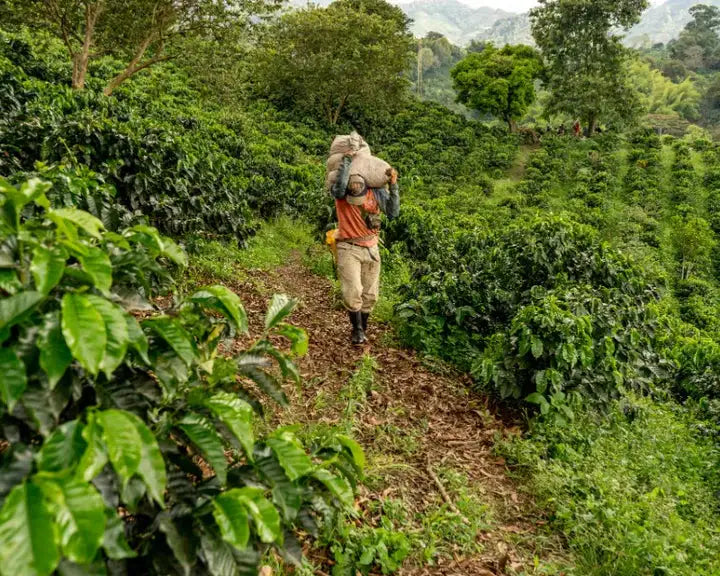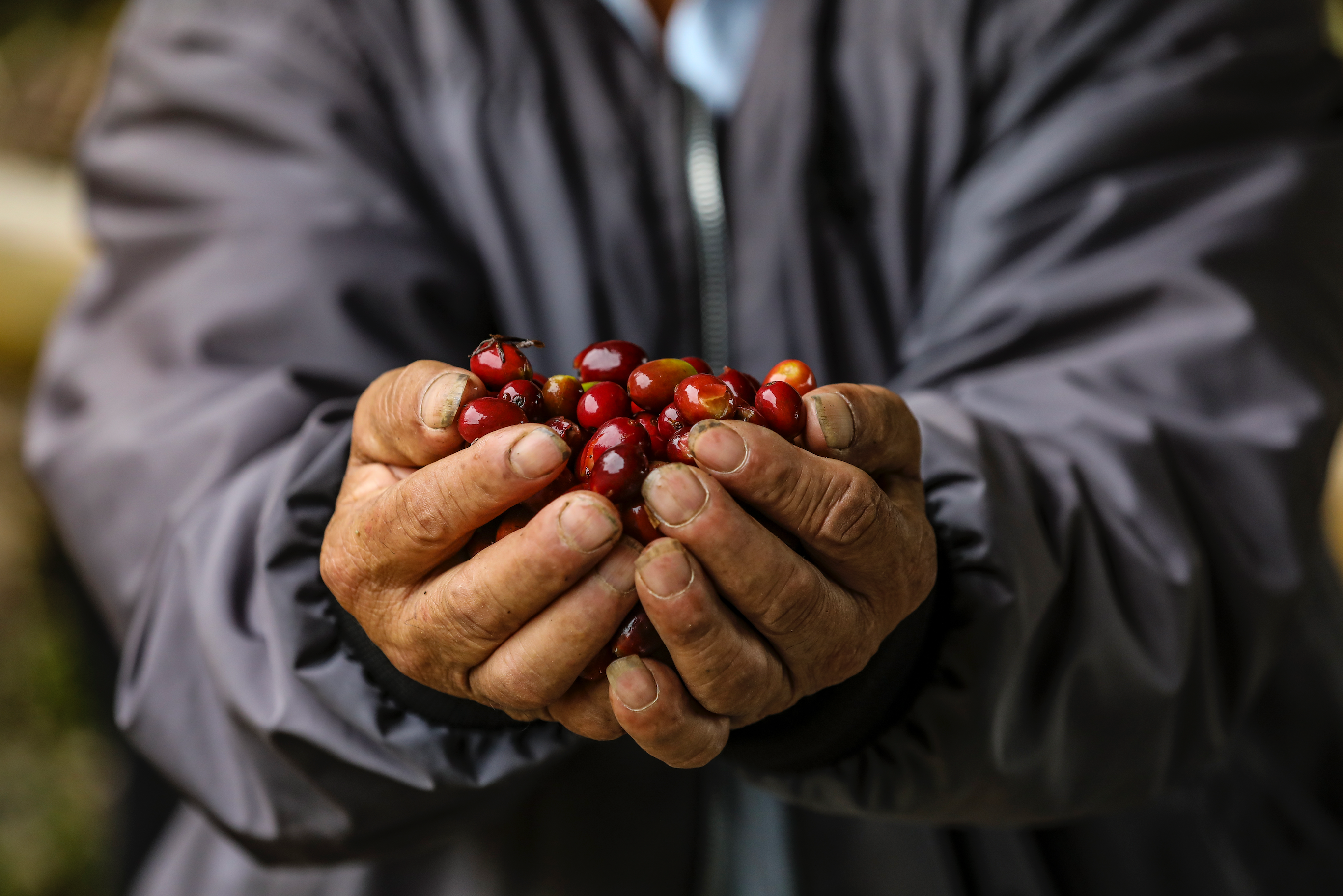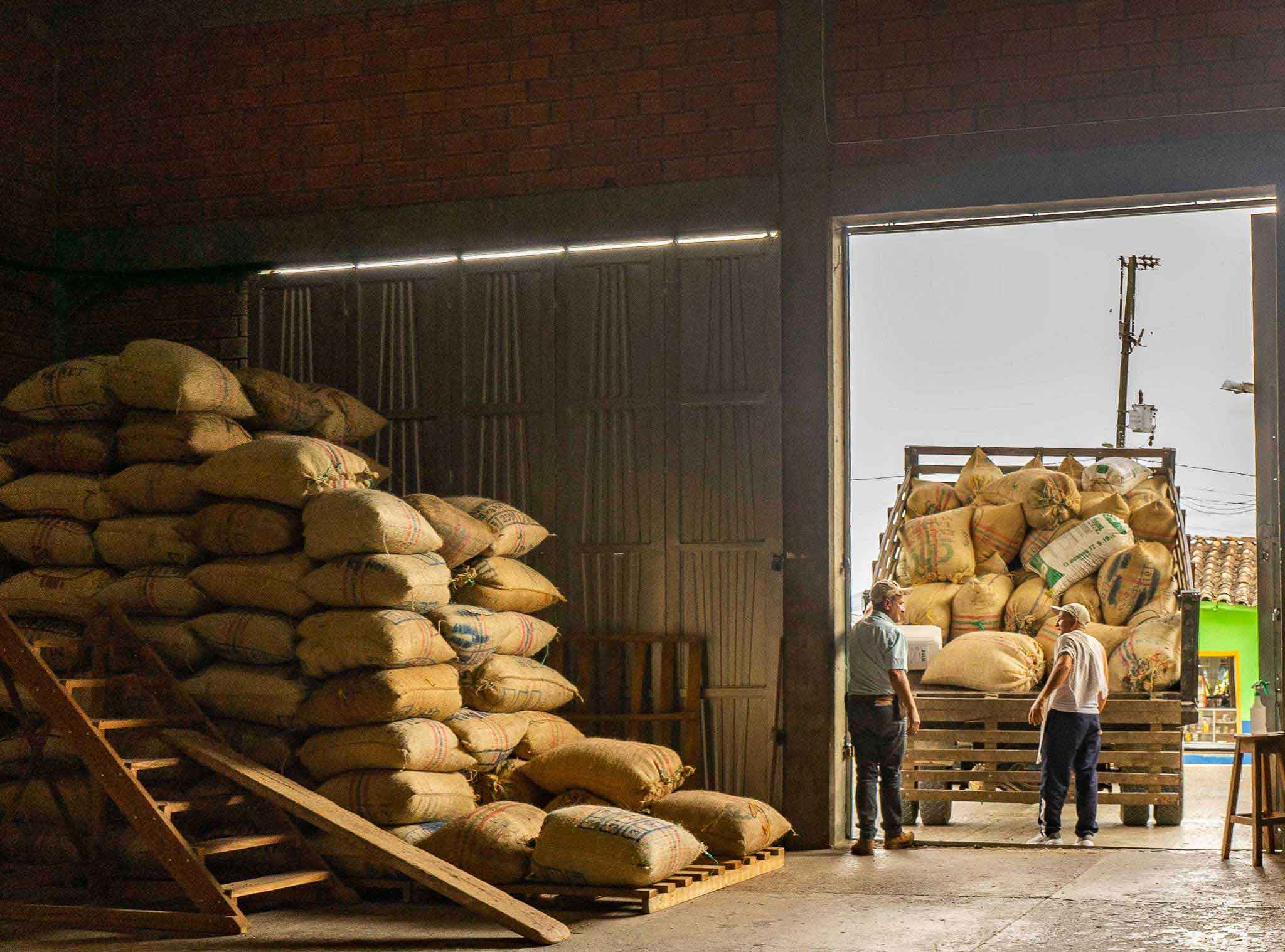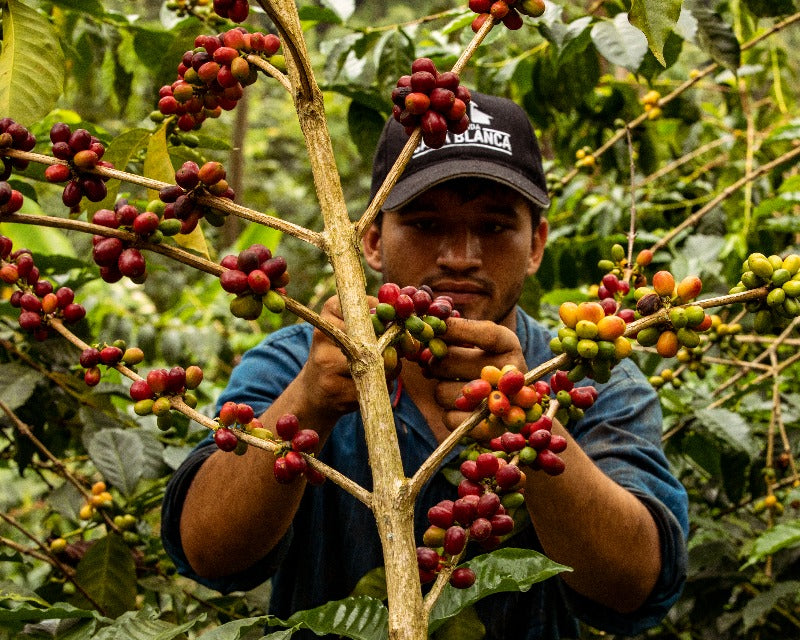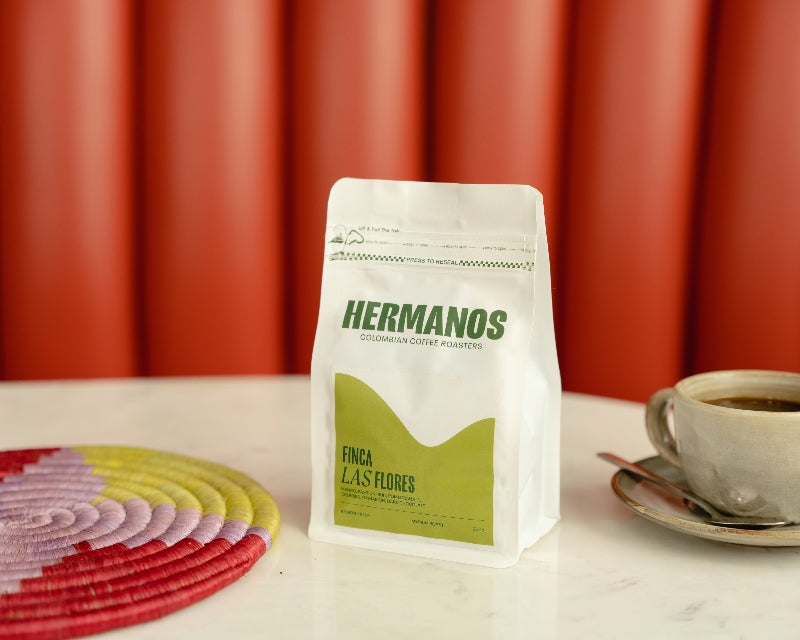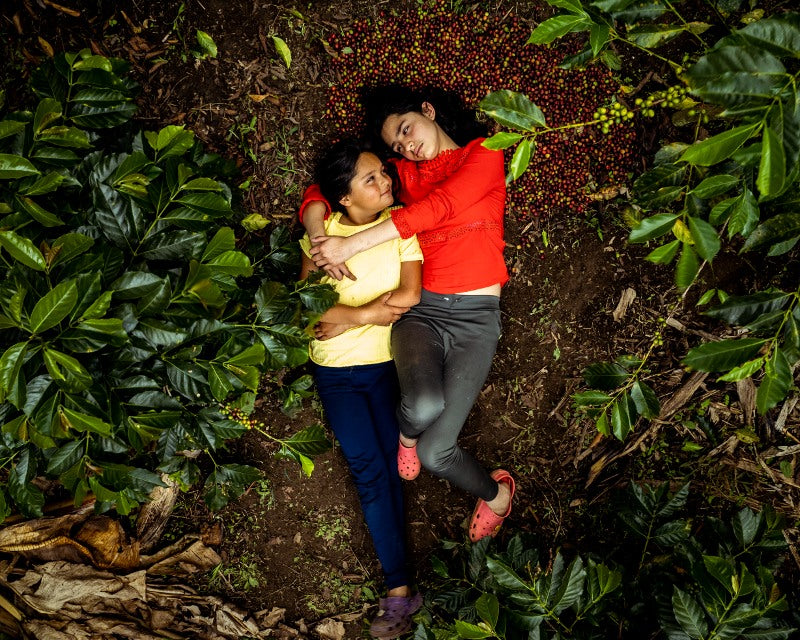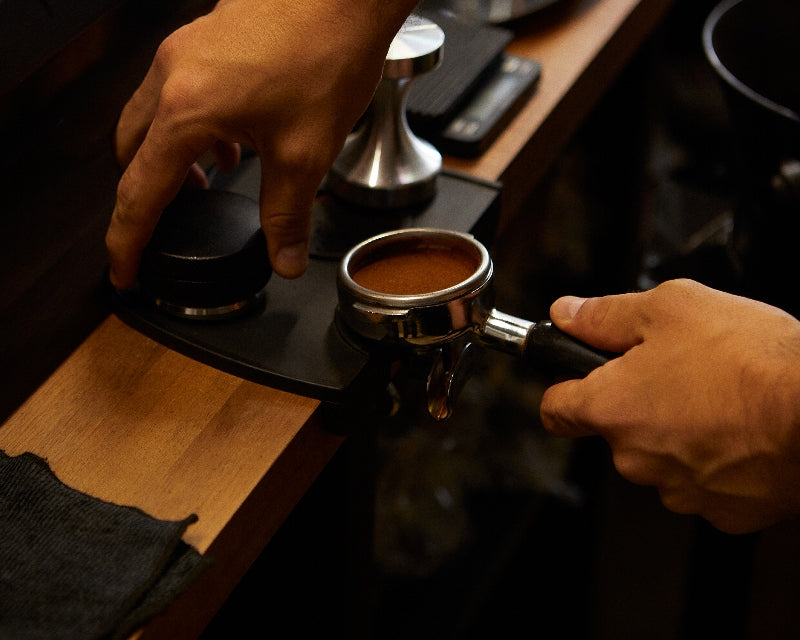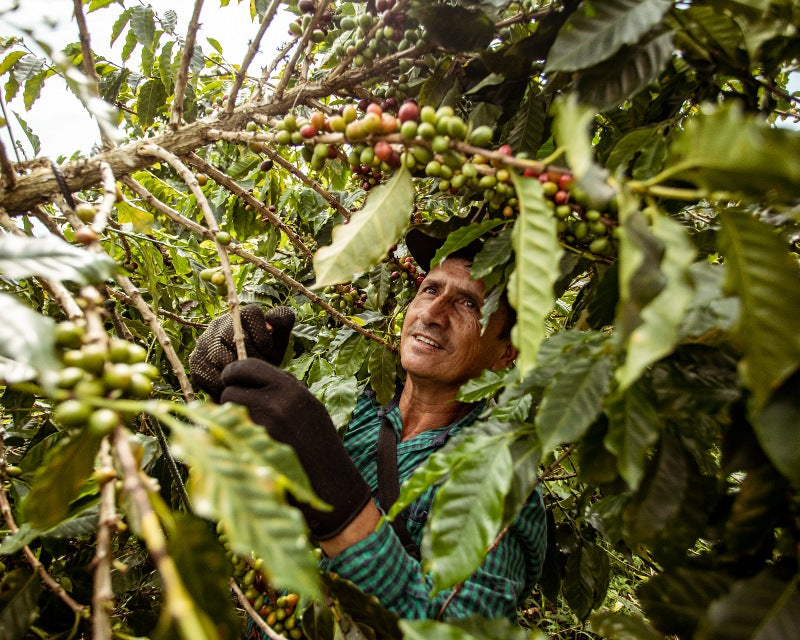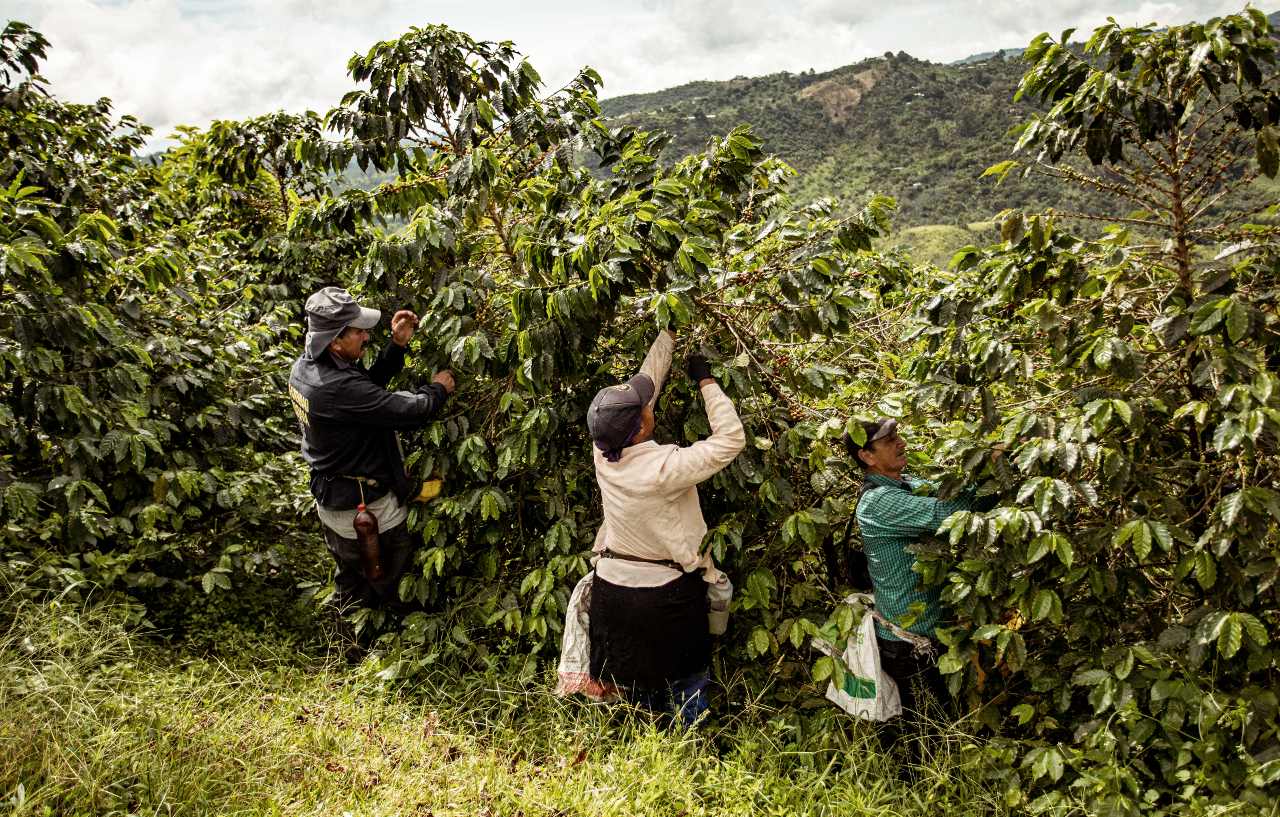The vast majority of supermarkets and specialty coffee roasters offer both whole beans and pre-ground coffee. But which is the better choice?
The Short Answer
The truth is, grinding your own beans at home ensures you get the freshest brew possible. This is because beans have not yet begun to go stale as a result of being ground and exposed to air., The results are definitely worth it in terms of depth and complexity of flavour and this approach also allows you to grind beans to suit the exact brewing method you like to use!
However, there’s no denying that buying pre-ground coffee wins when it comes to convenience, ease-of-use, and how long it takes you to actually make your coffee in the morning. And when you’re buying coffee that’s only recently been ground (by your local coffee shop or subscription supplier), you can mitigate some of the freshness and flavour loss considerably.
The Difference Between Whole Bean Coffee and Pre-Ground Coffee

The difference between whole and pre-ground coffee is that the former simply hasn’t been subjected to the grinding process. The consequences of this subtle difference affect nearly every aspect of the coffee drinking experience, from flavour to the effort needed to make your daily coffee.
|
Whole Beans
|
Pre-Ground Coffee
|
|
Flavour
|
Whole beans tend to have more flavour. Roasted beans contain oils that are responsible for most of the flavour in a coffee, and these oils begin to evaporate once the beans have been ground.
|
Once coffee has been ground, it begins to lose its flavour and potency. Generally, the longer ago the coffee was ground, the more flavour it will have lost.
|
|
Expiration Date
|
Whole beans last much longer, especially if stored correctly, than grounds.
|
Once coffee is ground it begins to expire, and should be stored carefully and used quickly.
|
|
Ease of Use
|
Grinding your own beans requires specific equipment, practice (if you’re using a hand grinder), and more time.
|
Pre-ground beans are much more accessible, in terms of not requiring as much equipment or expertise to make your coffee.
|
|
Price
|
Many specialty roasters offer whole and pre-ground beans for the same price, and will grind them for you to match your preferred brewing method.
|
You can find ground coffee for the same price as whole beans at most coffee shops and roasters. The most inexpensive coffee you can purchase tends to be supermarket-grade pre-ground blends of Arabica and Robusta beans.
|
|
Grind Size
|
You generally have much more control with whole beans, meaning coffee can be ground for any brewing method provided that your grinder is versatile. This also makes ensuring that you get the perfect extraction with your espresso shots much easier (if you’re using an espresso machine).
|
Some pre-ground coffee can be purchased to match specific brewing equipment, but most is uniform and not ground with this consideration. For example, supermarket coffee ground for ‘filter’ does not necessarily mean it will be suitable for any filter method, such as V60 or Chemex.
|
Why We Prefer Whole Bean Coffee

For us, and many other specialty coffee lovers, whole bean is our preference (when we have the time!). The process of grinding your own coffee and brewing it up is an experience, and one that enables you to make your coffee exactly the way that you like it.
Freshness
Coffee begins to become stale once it oxidises, which takes place much quicker after it has been ground, as a result of its surface area expanding. This does not mean that whole beans cannot also lose their freshness, but the rate of this happening is much slower (and you can further reduce the speed of this by storing them correctly!).
Without a doubt, a cup of coffee made from beans that have been ground just 5 minutes beforehand will be unrivalled in terms of freshness. That said, a bag of ground coffee from a local shop or roaster, kept in an airtight container, will still make for a delicious brew.
We would recommend steering clear of most supermarket grade pre-ground blends if you value freshness in a coffee — many will be well past their “best by” date by the time they reach the shelves. Also, always check the “roasted on” date to determine how old the coffee is rather than the expiration date, which may be as much as several months after a coffee was roasted in some cases.
Coffee begins to become stale once it oxidises, which takes place much quicker after it has been ground, as a result of its surface area expanding.
Versatility
One of the great things about having whole coffee beans at home is that you're able to adjust your grind to match your brewing method. For example, if you use pressure brewing methods at home, such as a Moka Pot or an Espresso Machine, you’ll need a fine grind for your beans, whereas an immersion method such as French Press requires a coarse grind.
Investing in a grinder enables you to play around with the flavour of your coffee, adjusting extraction time, bitterness and sourness levels, and much more. Whole beans effectively give you a very high level of control and flexibility, something which is just not possible with pre-ground coffee.
Flavour and Aroma
Whole bean coffee has a much more potent and full flavour and aroma than grounds, largely because once coffee is ground, the oxidation process begins, which causes it to lose its smell and flavour much quicker.
Because whole beans have not been broken down through the grinding process, many of the nuanced flavours imparted by country of origin, processing and drying method, altitude, and varietal are preserved. That’s why freshly ground whole beans are used over pre-ground beans during most coffee cupping sessions, to allow you to experience the full range of tasting notes.
Although pre-ground coffee may have lost some of its potency and flavour, depending on how long it has been since they were actually ground, the quality of the beans will always be one of the most important factors when trying to brew a great batch of coffee. Coffee that is poor quality to start with will never taste great, no matter how fresh it is.
Read Our Guide To Buying Specialty Coffee Beans
The Benefits of Pre-Ground Coffee

If you’re in a rush or favour convenience with your coffee, pre-ground coffee is a great option. It’s fast, easy, and can still taste amazing, so long as it hasn’t been left to go stale.
Consistency of Grind
One of the things that makes pre-ground coffee much more appealing is that you don’t have to grind it yourself. If you buy from a specialty roastery, the chances are that you’ll be able to request your beans to be ground to match a certain brewing method, so you know your coffees will be balanced.
Grinding your own beans at home is a hit and miss process, which takes some practice. This is largely down to a lack of consistency from grinder to grinder. A low-quality grinder may not shatter the beans into uniform pieces, which means you might end up with a bitter or sour-tasting brew, but a high-quality grinder can be very expensive.
Pre-ground coffee will (in theory) have gone through the grinding process in a state-of-the-art professional grade machine, so you can be certain that the grind size will be consistent and efficient.
A low-quality grinder may not shatter the beans into uniform pieces, which means you might end up with a bitter or sour-tasting brew, but a high-quality grinder can be very expensive.
Ease of Use
If you’re trying to up your at-home coffee game, then you might not mind spending a bit more time and effort playing around with whole beans and grinders. However, if you’re happy using your favourite brewing equipment and just getting on with it, then pre-ground may do just fine.
As long as the coffee is being stored properly and is ground to match up with your preferred brewing method, you shouldn’t have to sacrifice much on flavour or enjoyability.
Shop Our Range Of Whole Bean And Pre-Ground Single Origin Colombian Arabica Coffee
How to Grind Coffee at Home

There are three main options when it comes to grinding your coffee beans at home:
Burr Grinders
Burr grinders are a great choice for at-home coffee grinding, and are able to produce a high-quality and consistent grind for your chosen brewing method. They operate using a wheel that crushes the coffee beans against a static surface, which leaves you with a much more even grind than other grinder options, such as one that uses a blade.
Blade Grinders
Blade grinders tend to be one of the most budget-friendly options on the market. They work by a fast-spinning metal blade chopping the coffee beans into small pieces. The only way to control the grind size using a blade grinder is by monitoring the length of time that the coffee is ground for, meaning that you can often end up with uneven grounds, which can then impact the quality of your coffee, depending on the brewing method and grind size needed.
Hand Grinders
The majority of grinders that are available to purchase are electronic, which obviously require less effort and are quicker. However, there are some manual options out there, which are great for anyone who camps or travels frequently because they don’t require any power to operate. A potential downside to hand grinders is that they can still be just as expensive as a burr grinder, so will require some investment, especially if you’re after something of high-quality.
|
Grind Size
|
Brewing Equipment
|
|
Coarse
|
French Press
|
|
Medium-Coarse
|
Chemex
|
|
Medium
|
V60
|
|
Fine
|
Espresso Machine, AeroPress, Moka Pot
|
Learn More With Our Brew At Home Guide
Keeping Your Ground Coffee Fresh
Once coffee has been ground, there are lots of ways to keep it fresh, including:
-
Keep it in an airtight container to minimise oxidation. The best types of container for this are ceramic, metal, or glass.
-
Avoid moisture spots in the house, such as your refrigerator or near the stove. Keep them in a cool, dry area, like a cupboard or pantry.
-
Some people grind and then store their coffee in a freezer or fridge, however, we wouldn’t advise this because of the risk of moisture and flavour dissipation.
-
Too much sunlight or heat can also damage the grounds, so make sure they’re in a dark space, like a cupboard.
-
As well as taking steps to keep your grounds fresh, consider only grinding small amounts at a time, for instance, only grinding enough to last you a few days at a time. Any more than this and you’ll always risk the coffee losing a lot of its potency and flavour.
Advice for Buyers
If you are going to buy pre-ground coffee, which is a no-brainer for many due to its accessibility, price, and overall ease of use, then we recommend purchasing from a specialty roaster, ideally one local to you. This hugely increases the chances of receiving a product that is as fresh as possible, so you still get the maximum flavour and aroma potential from the beans that the roasters have carefully selected.
At Hermanos, we offer both whole bean and ground coffee, which we’re able to prepare for whatever brewing method you like to use at home. Once you place an order with us, we roast, grind, and send off your beans within 24 hours, so there’s no risk of ending up with stale coffee!
Shop Our Whole and Ground Coffee Collection!




